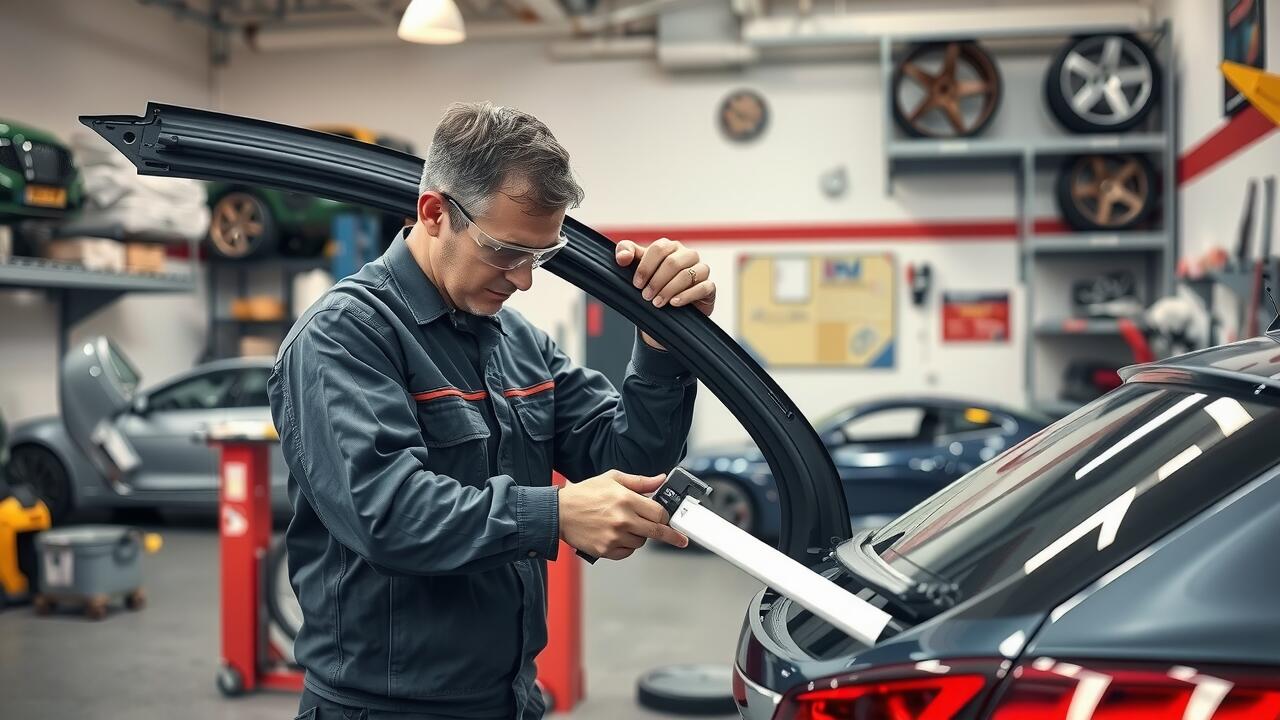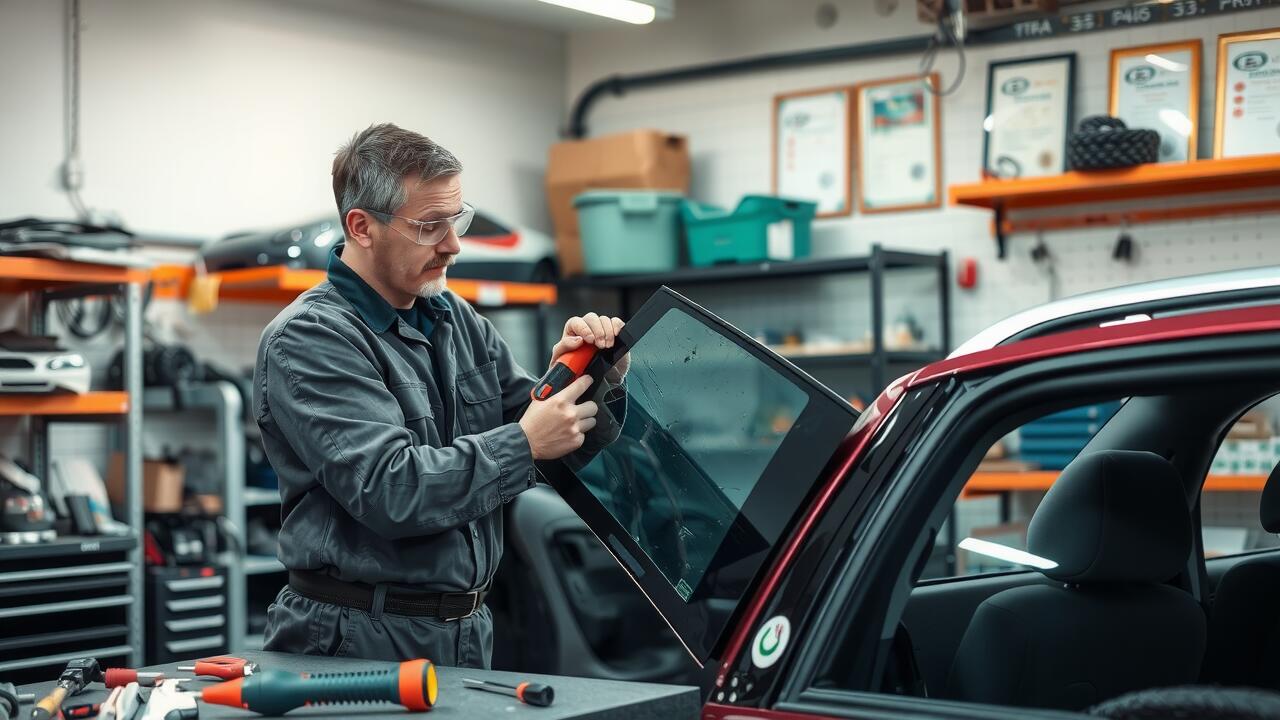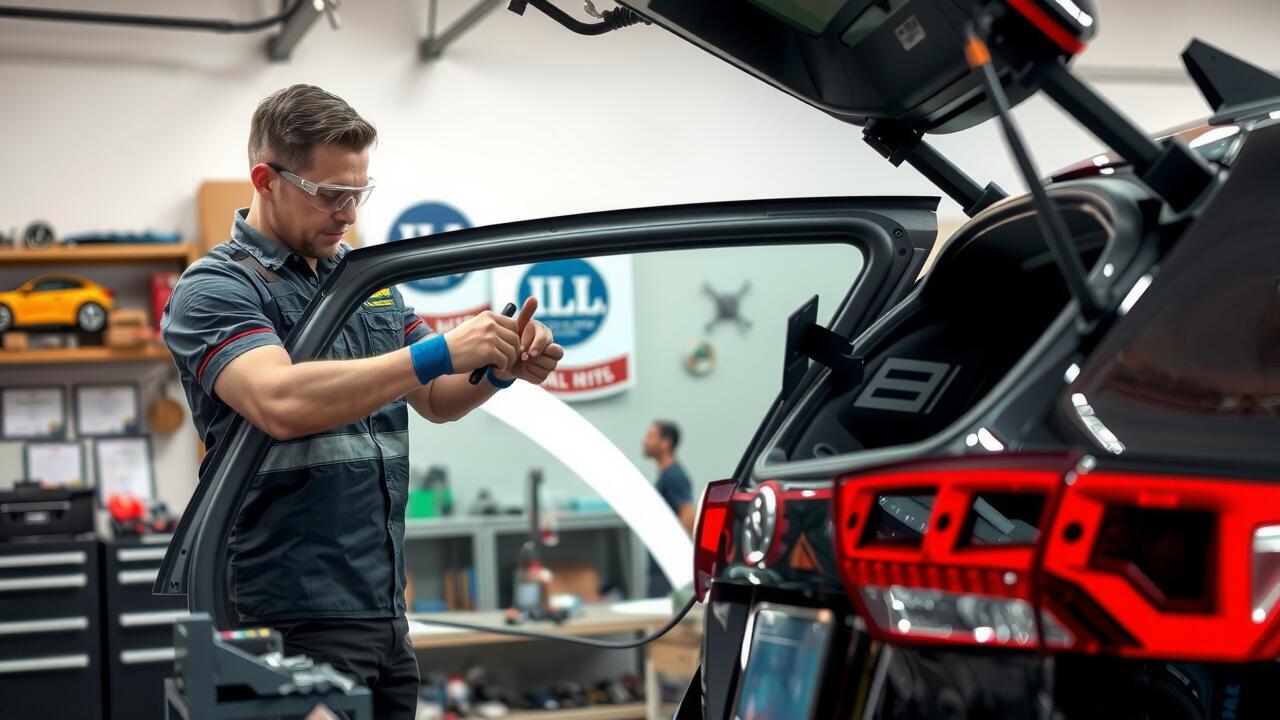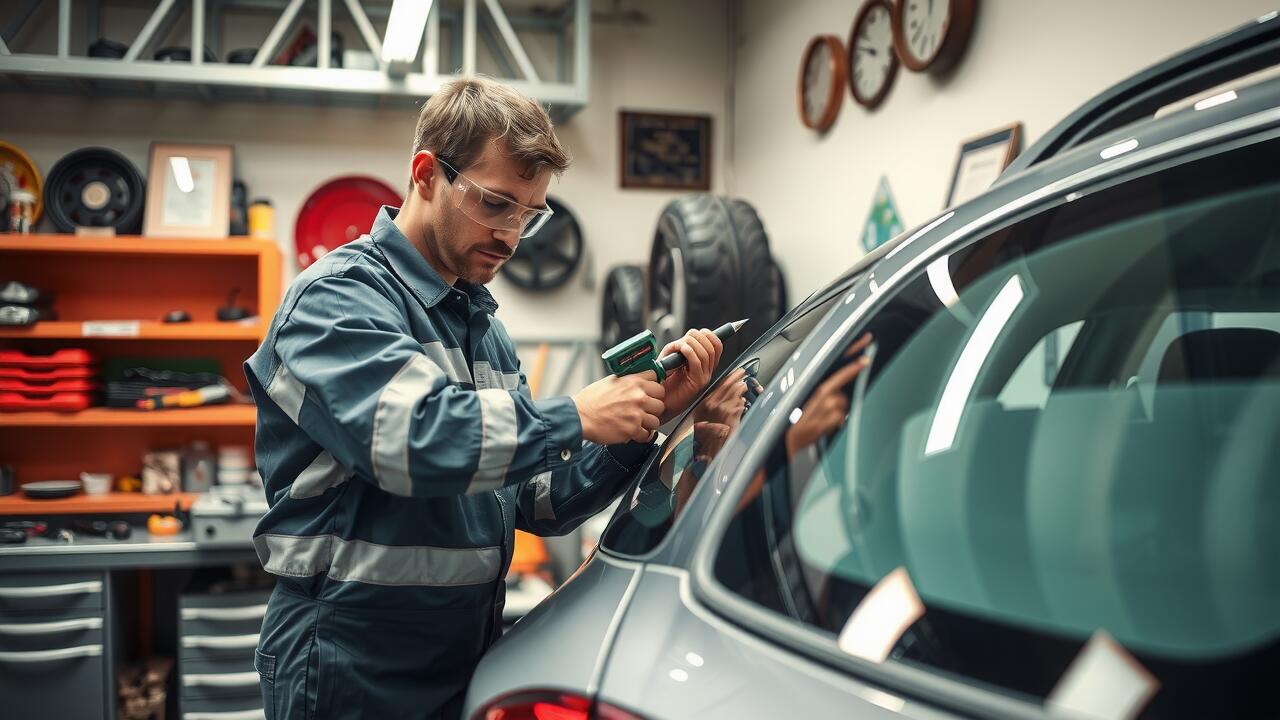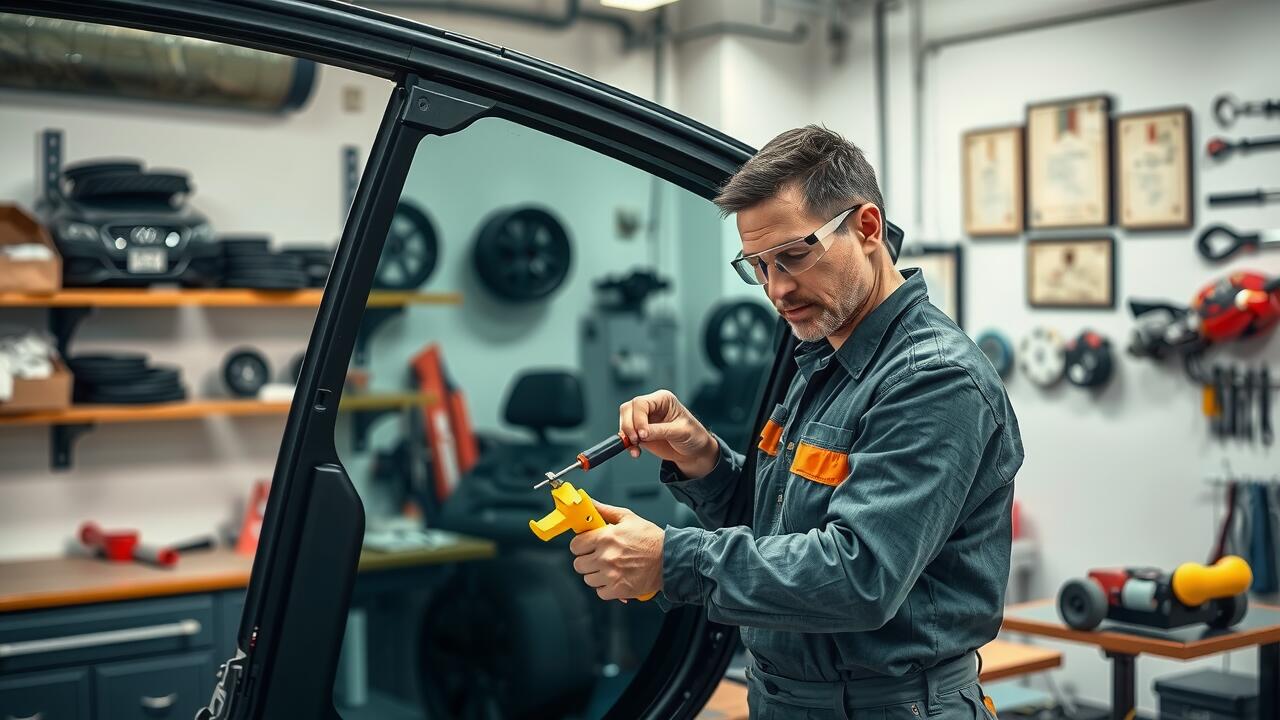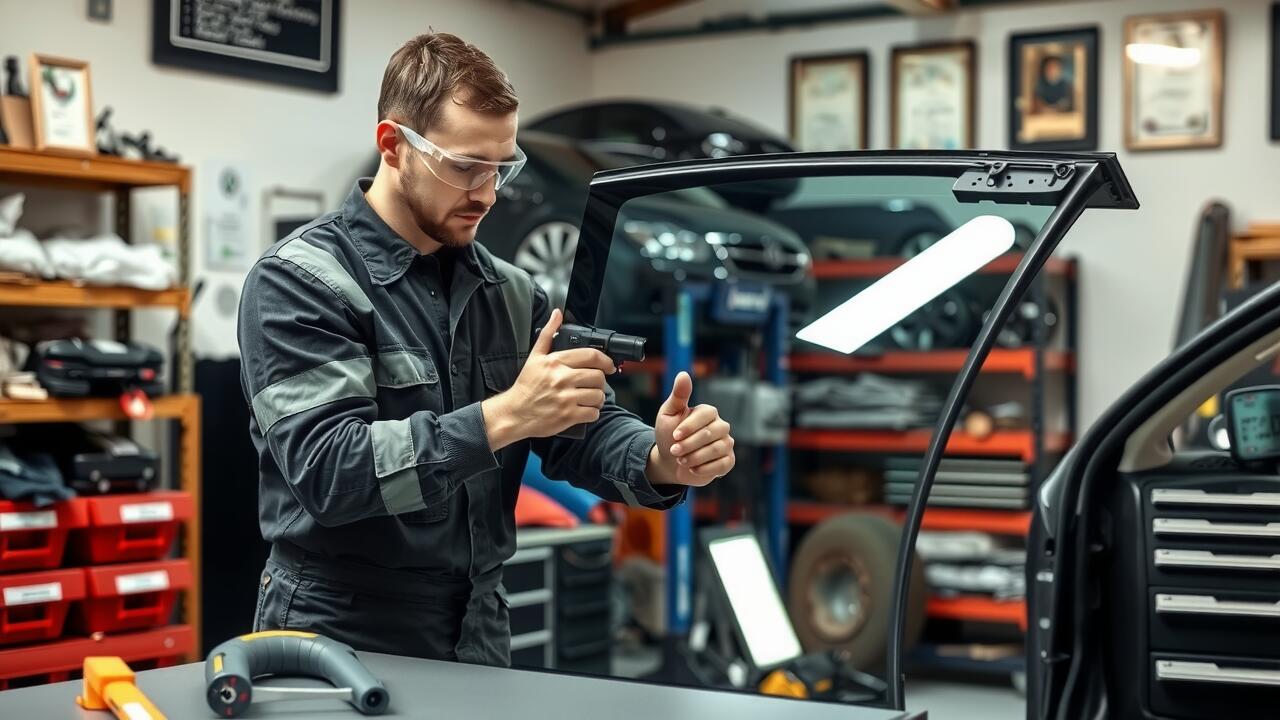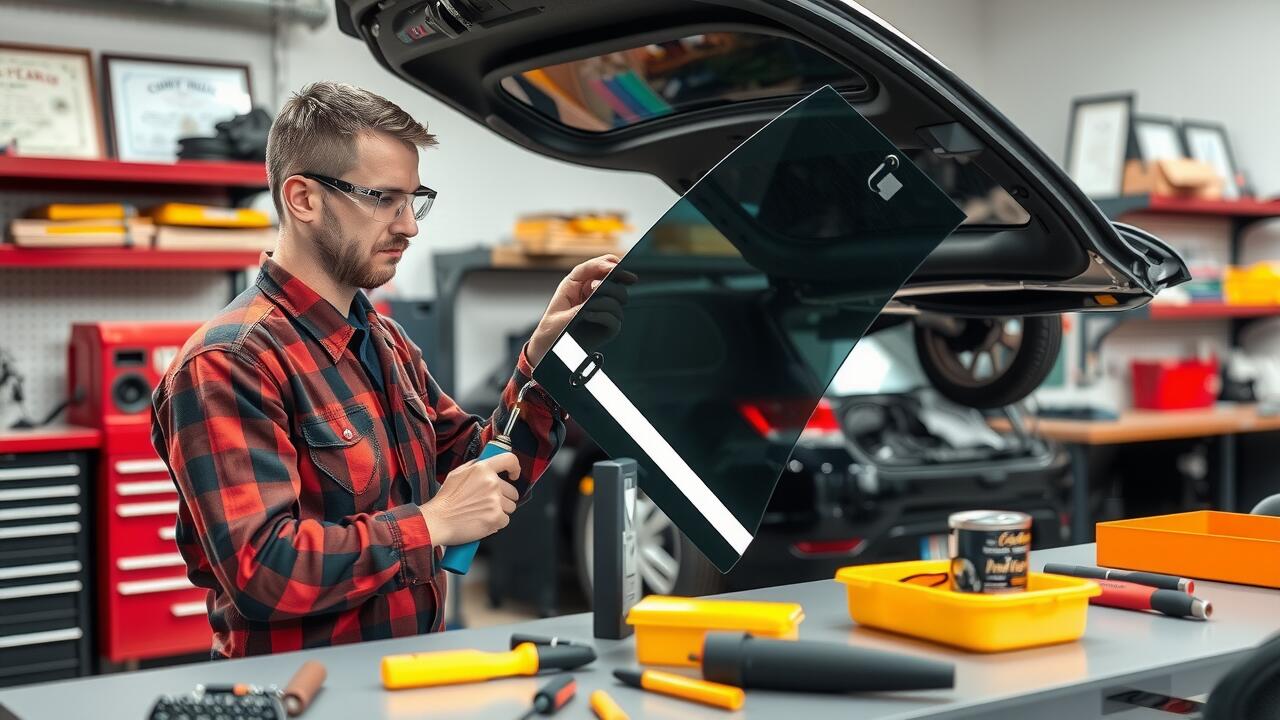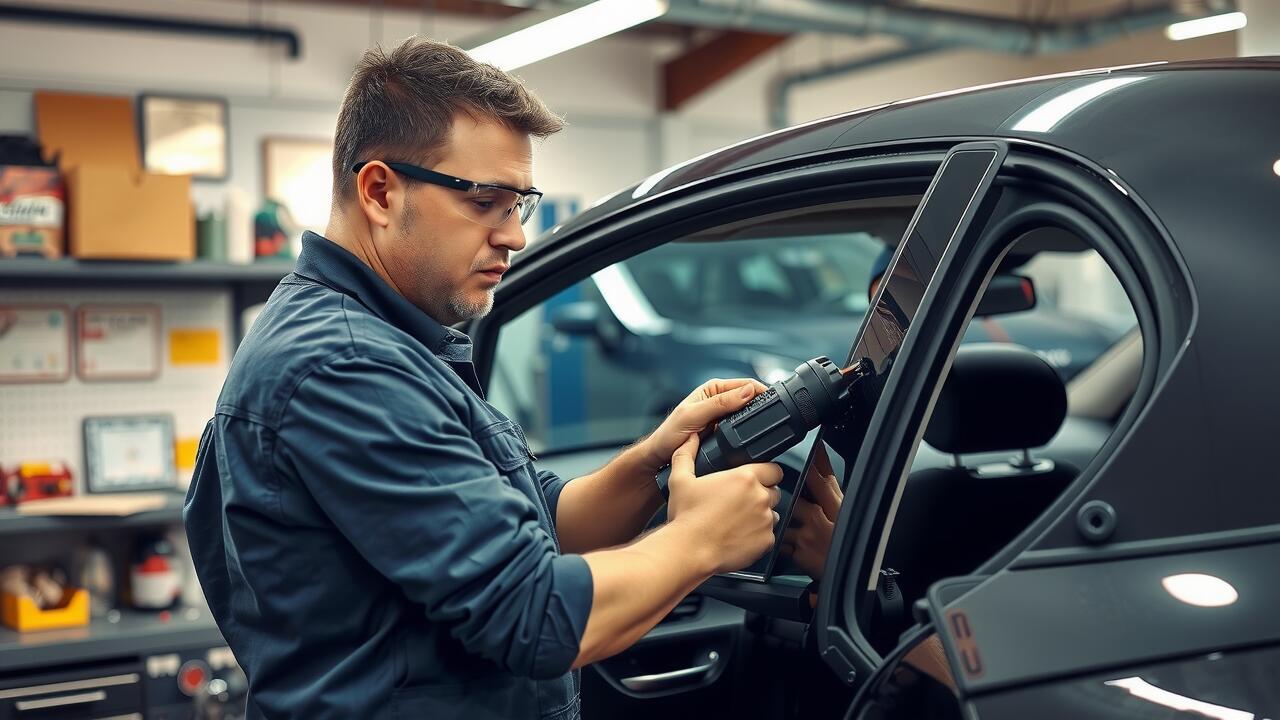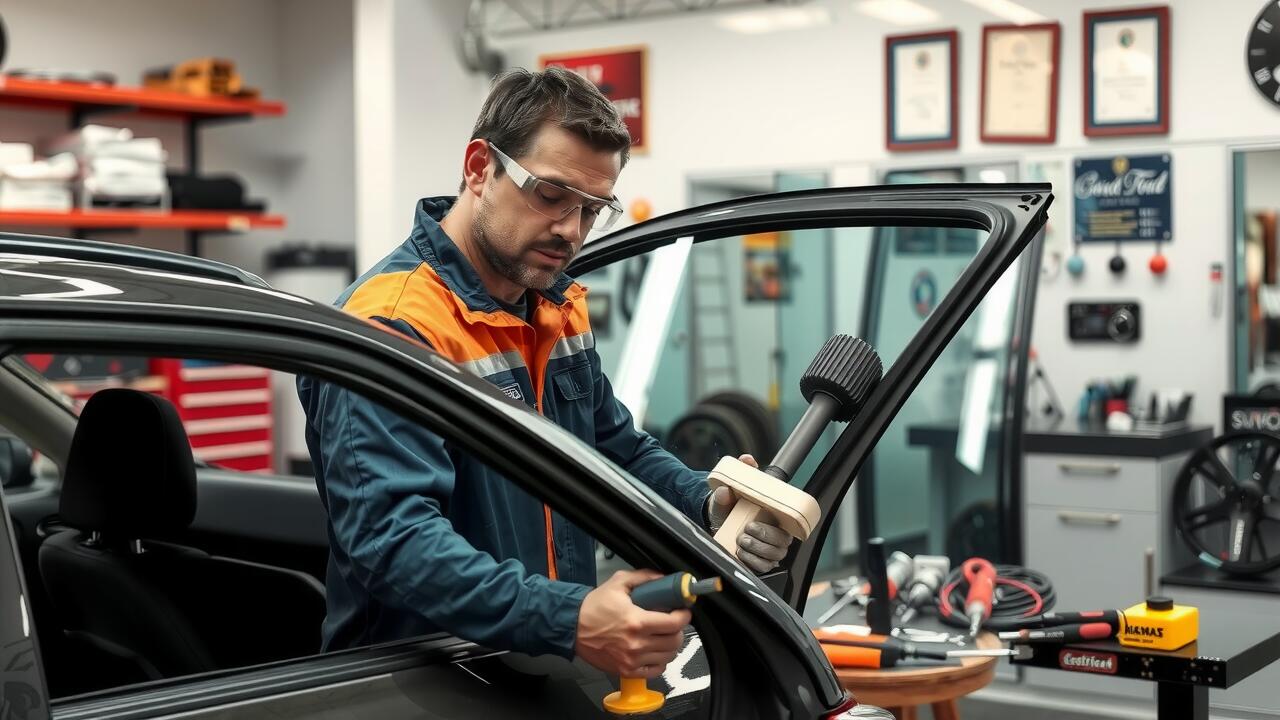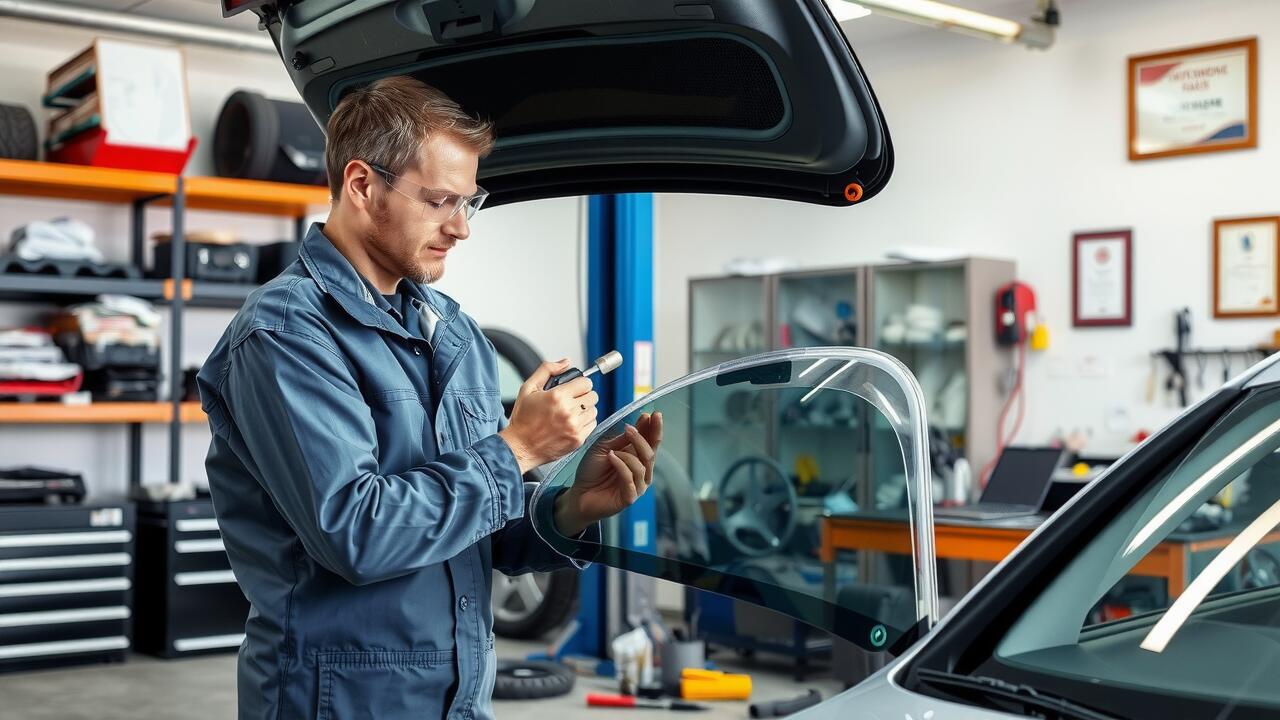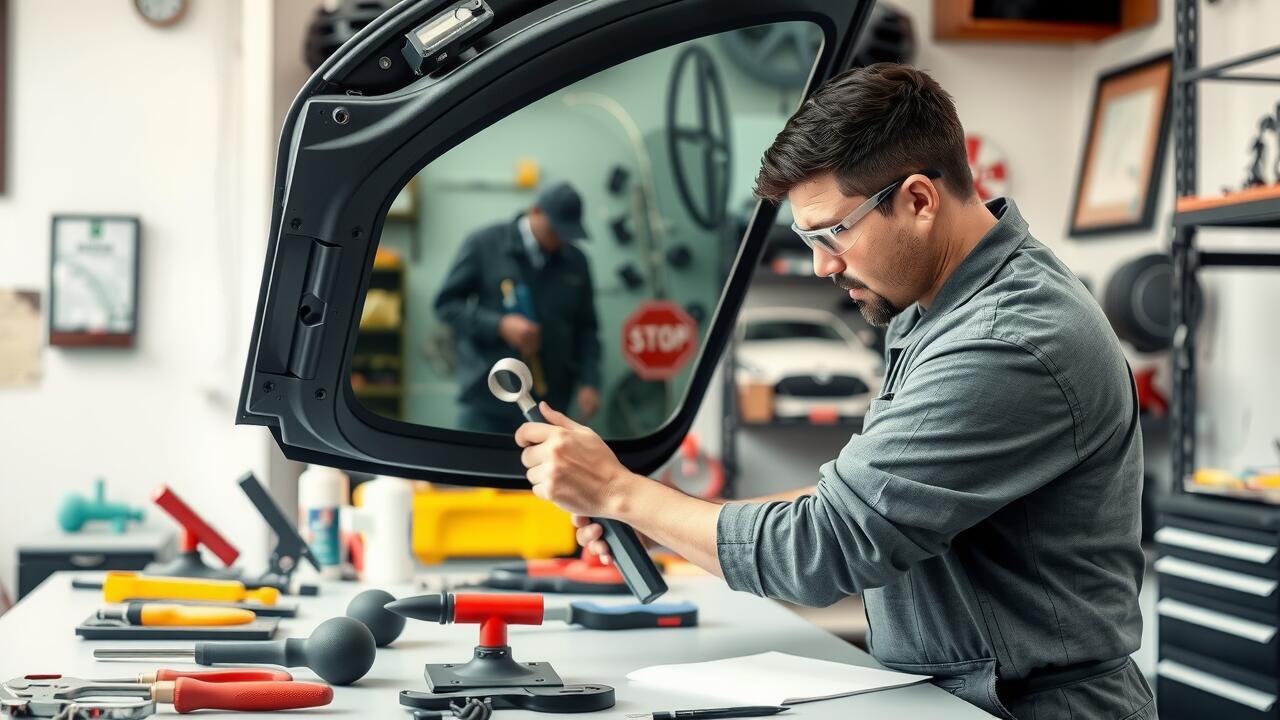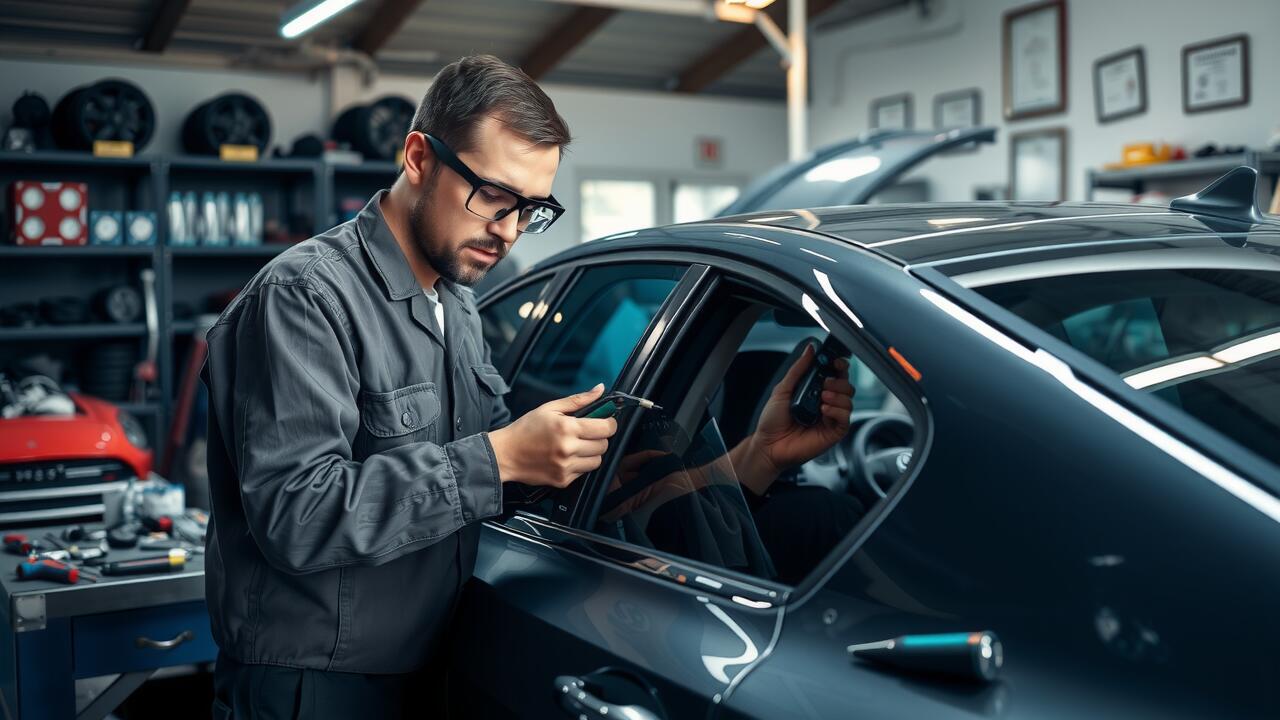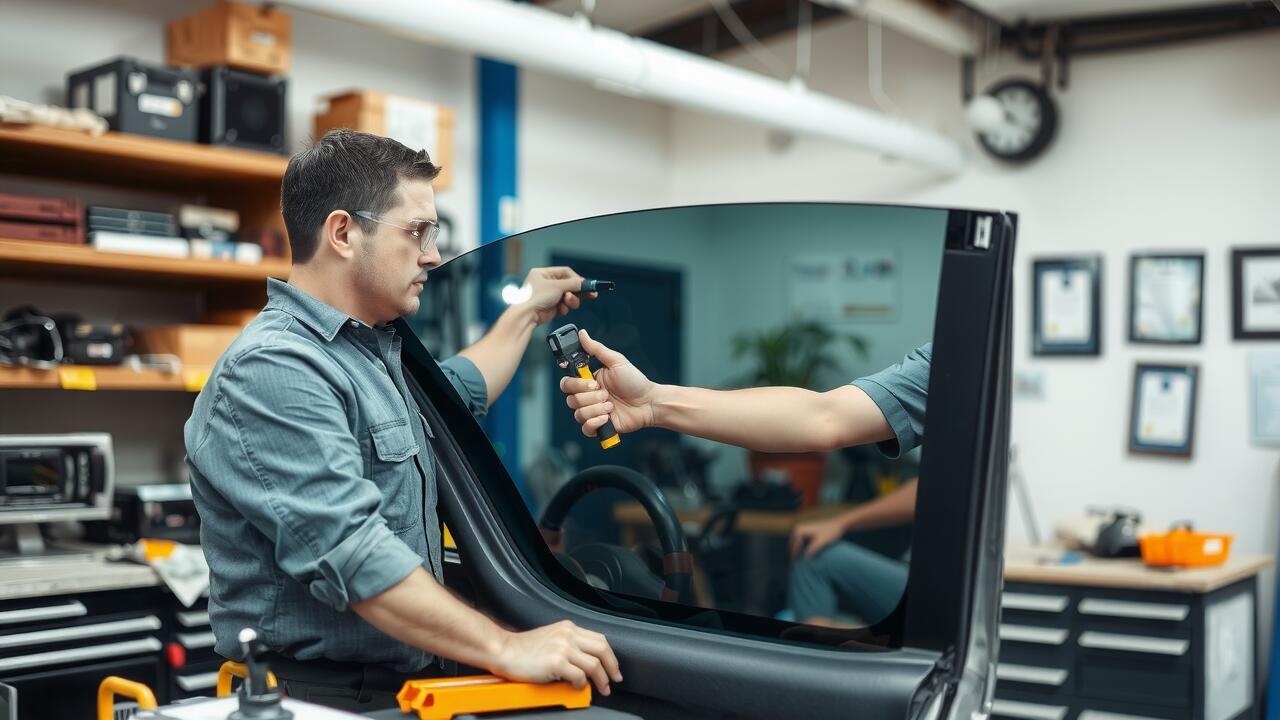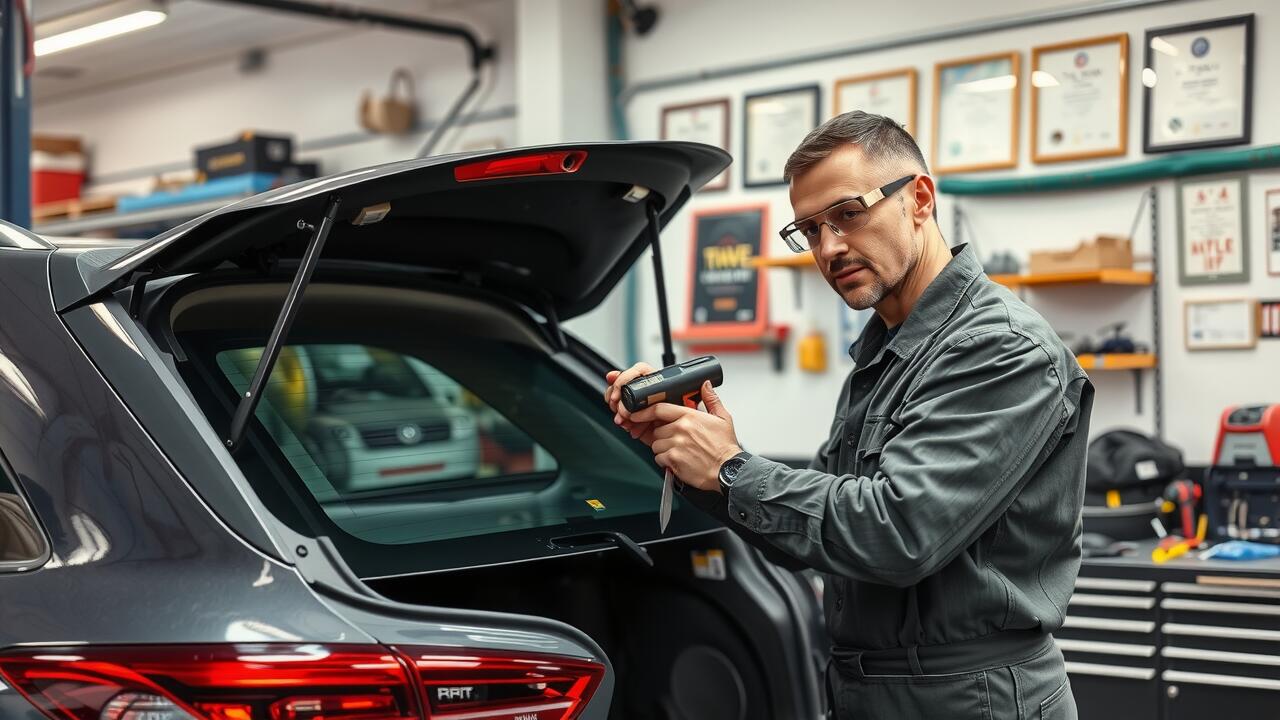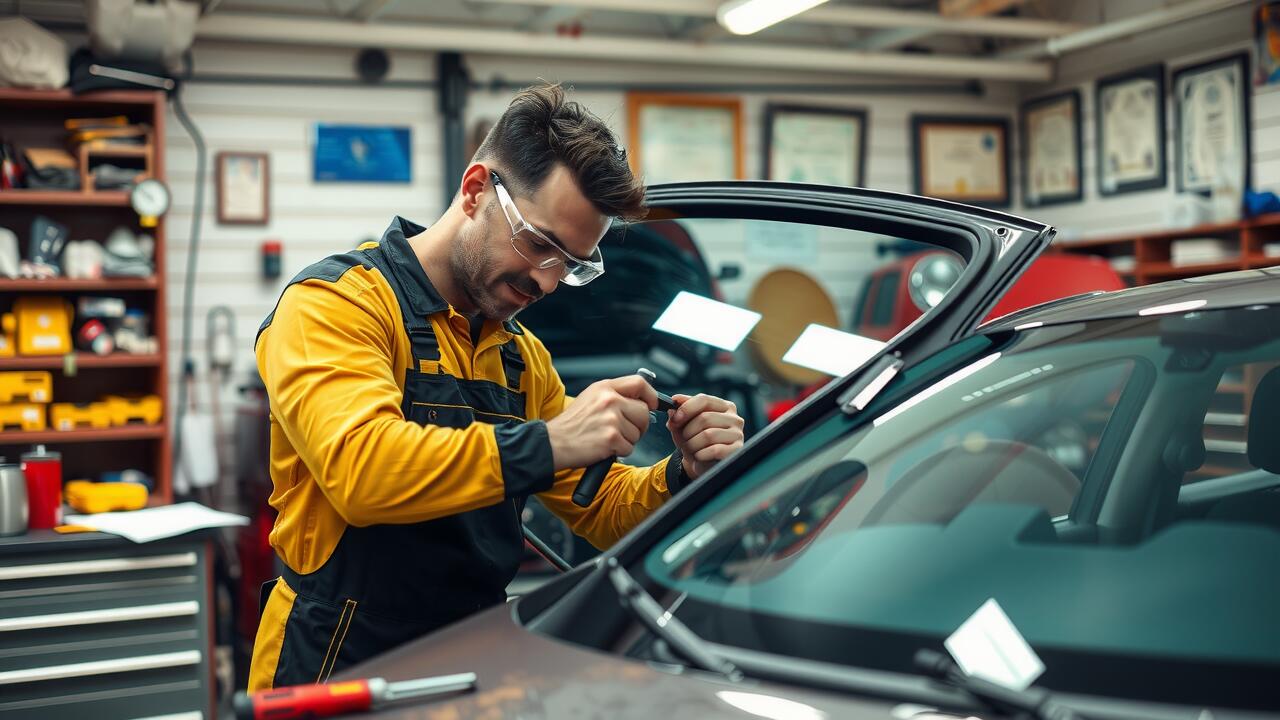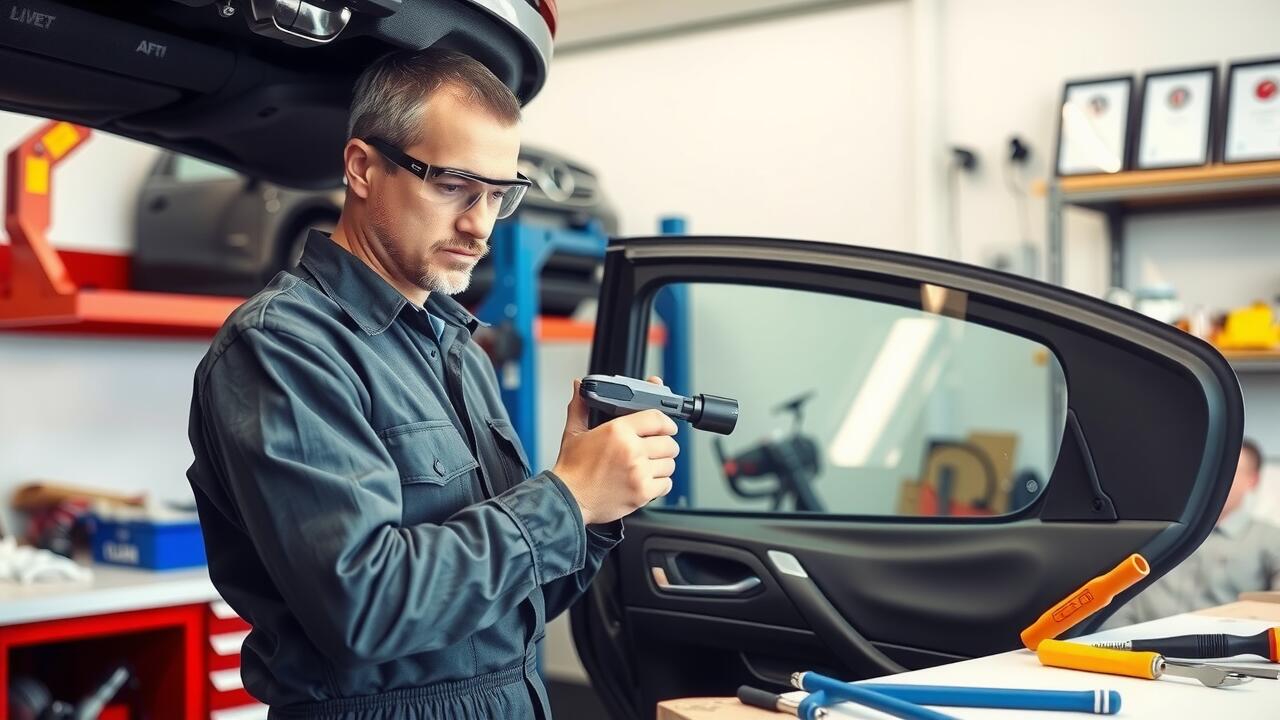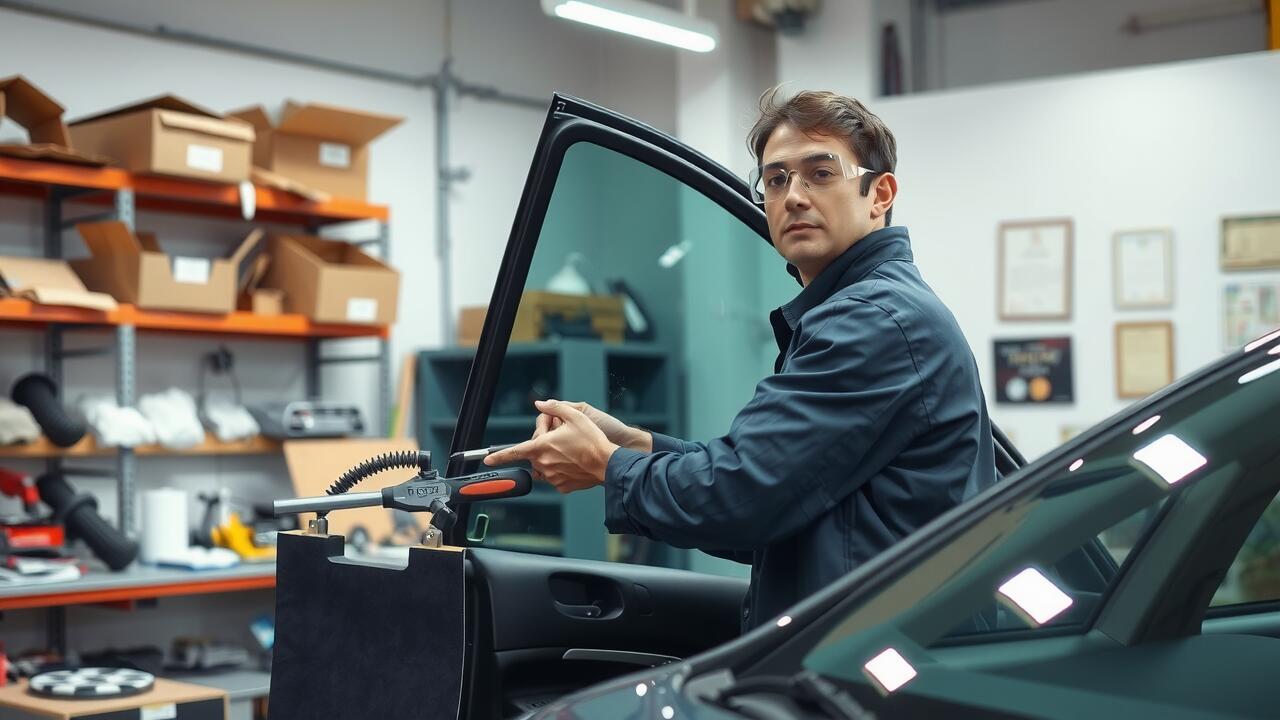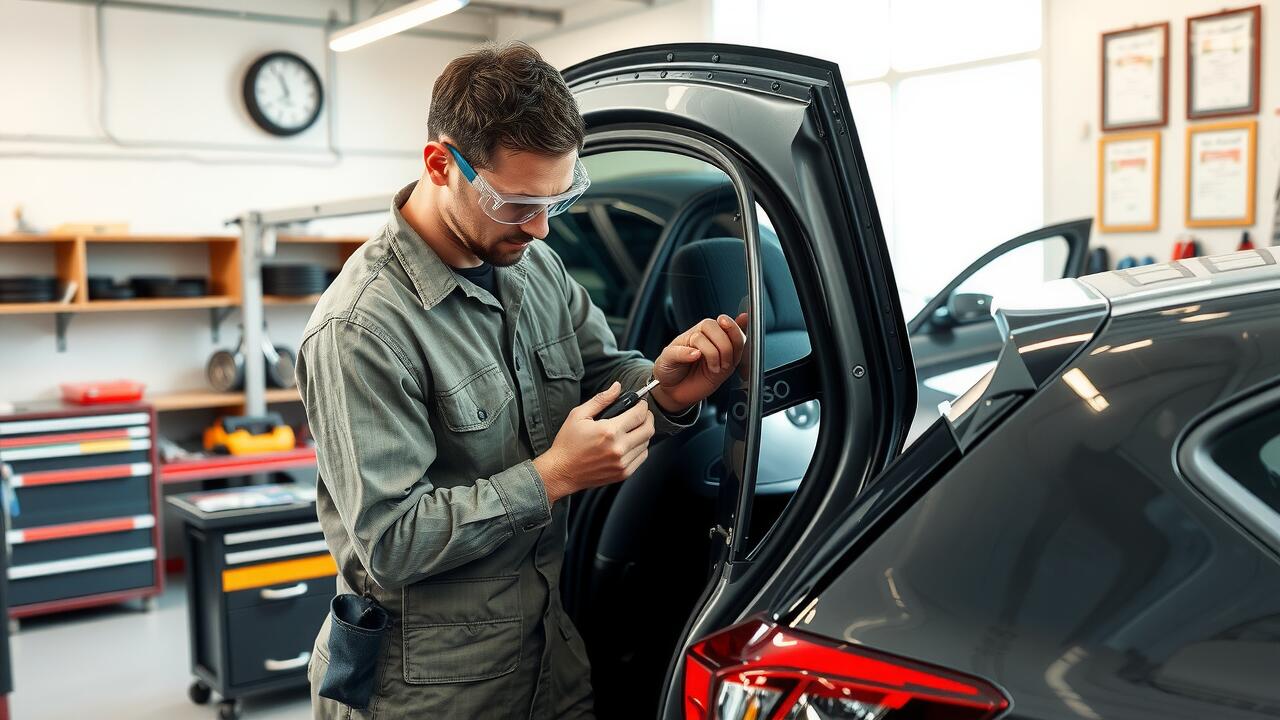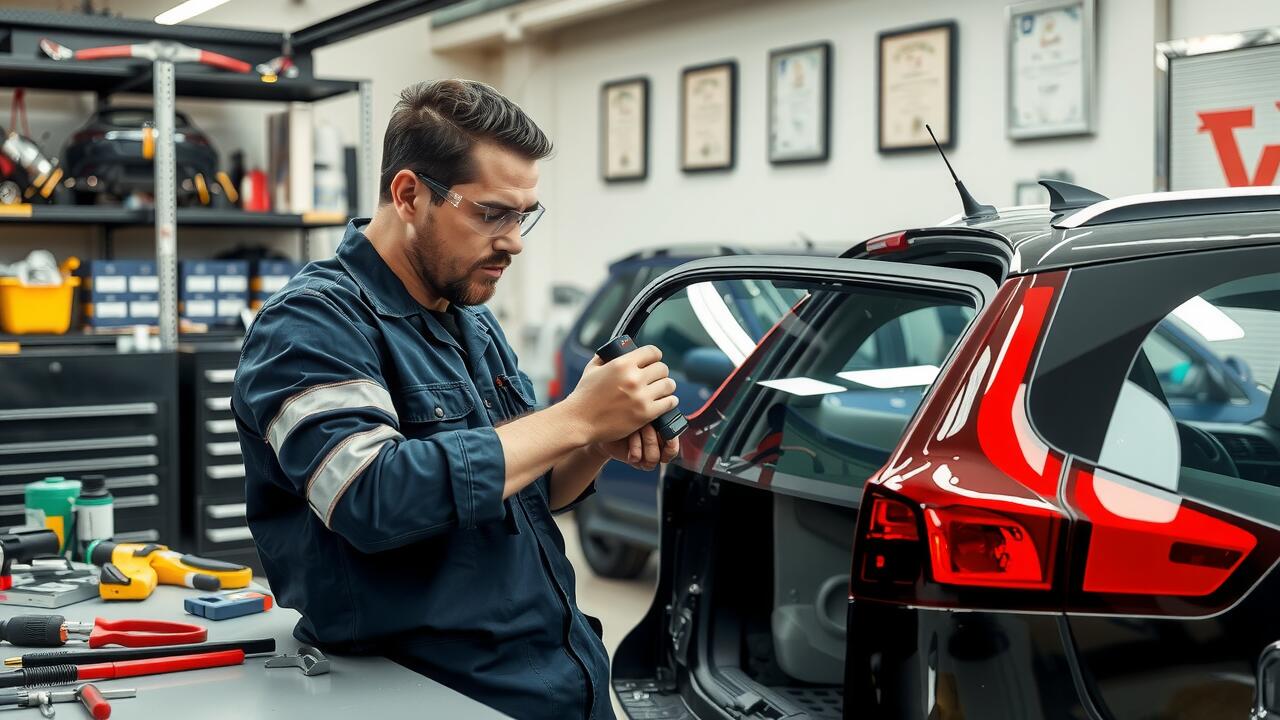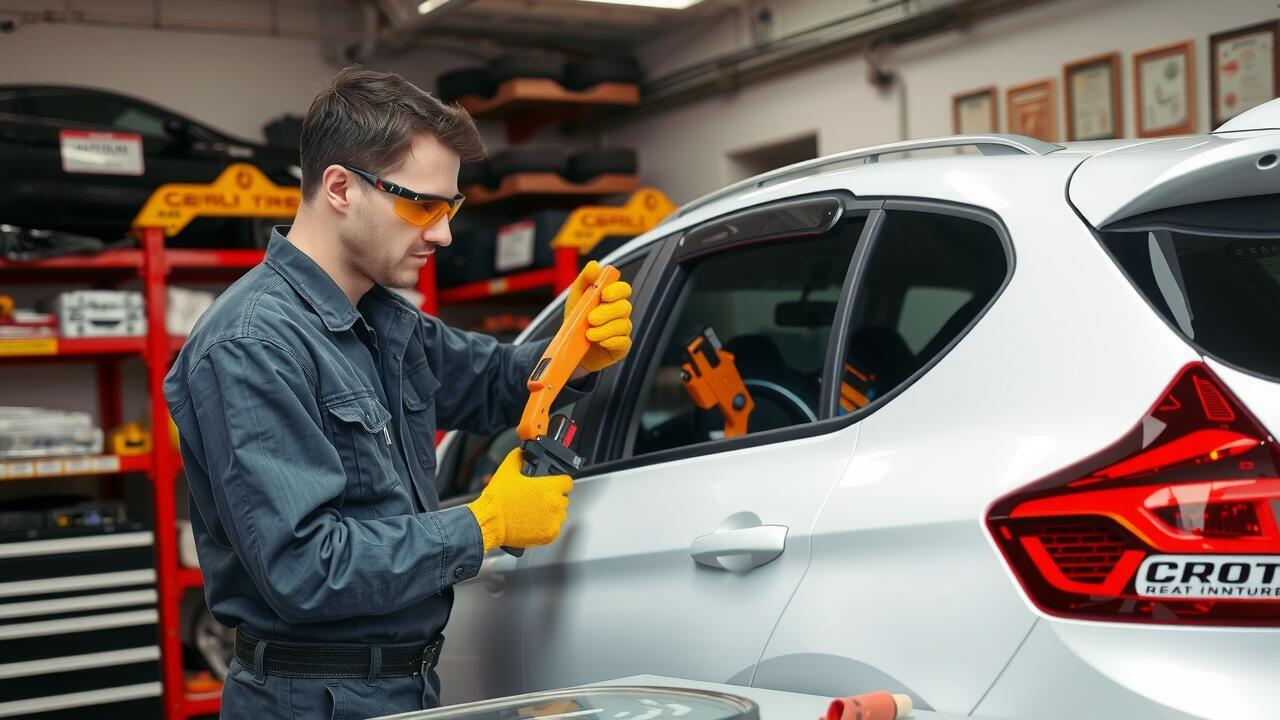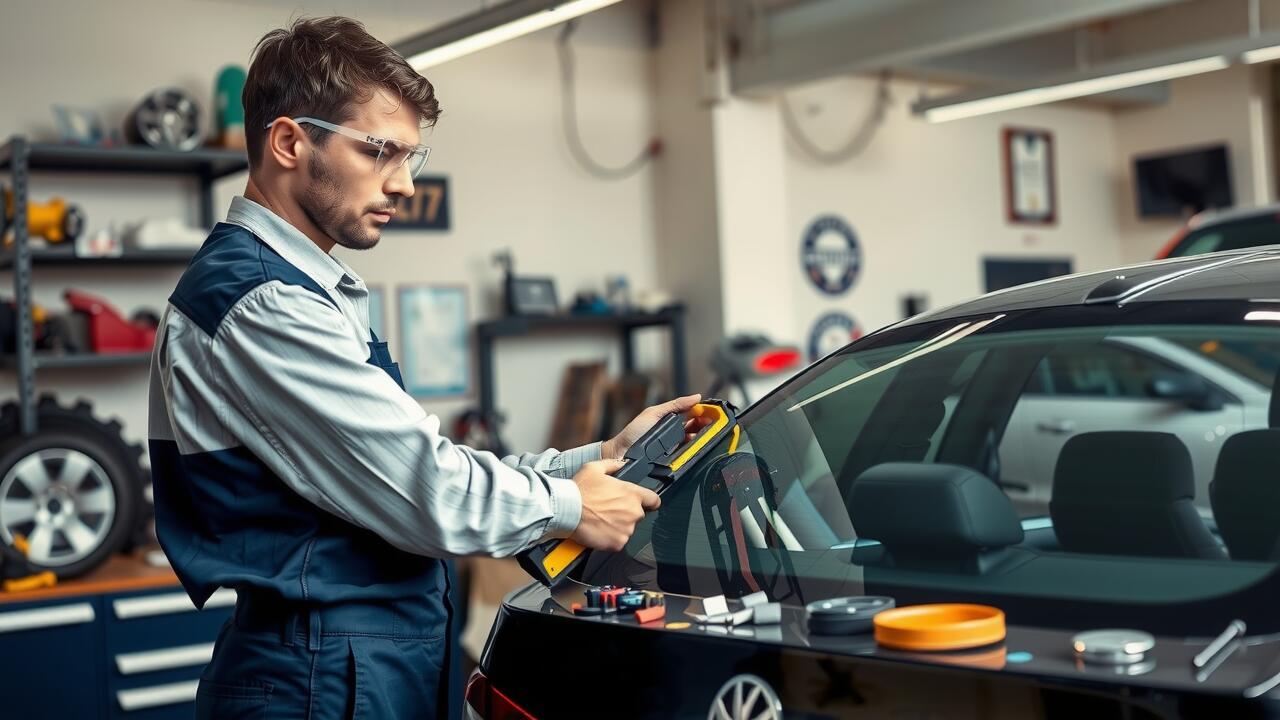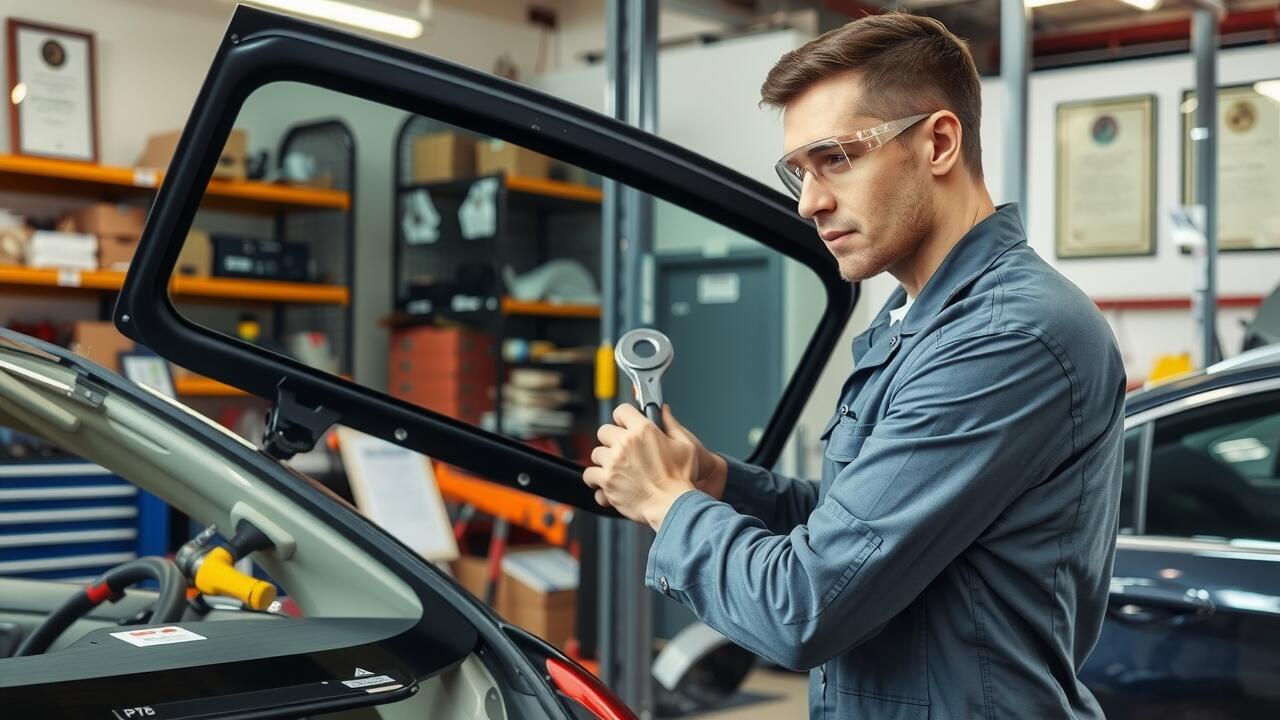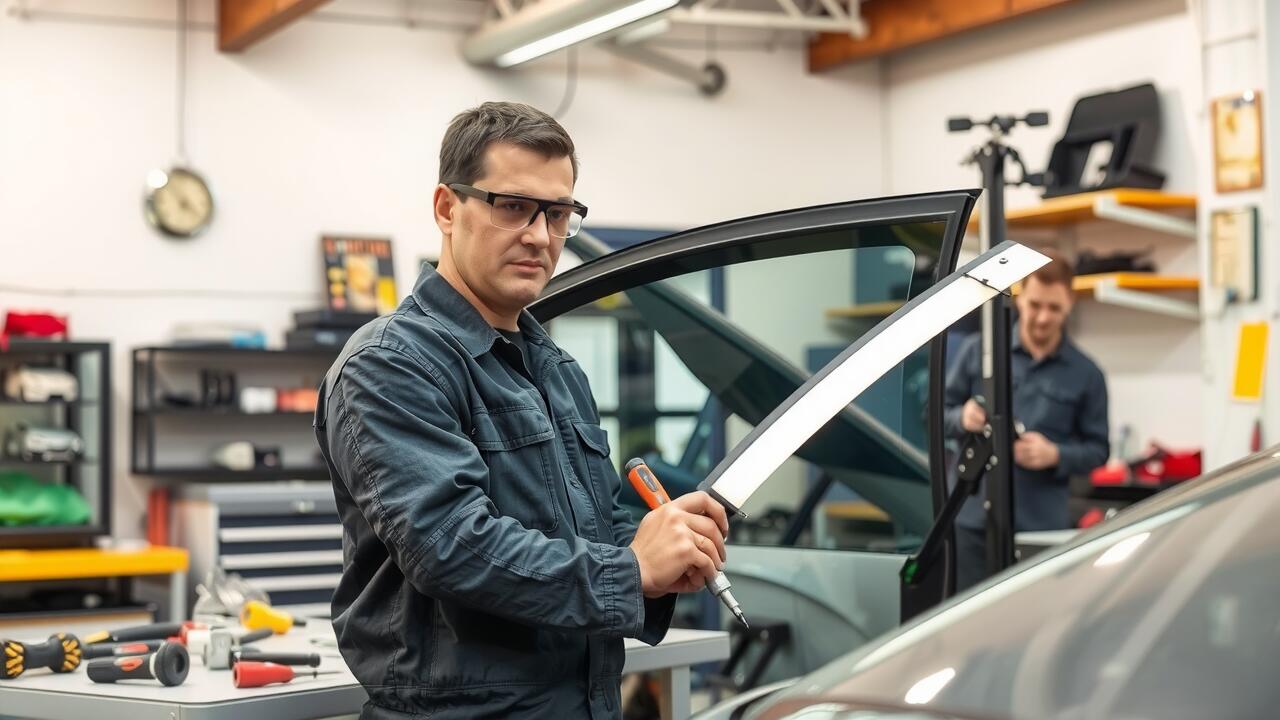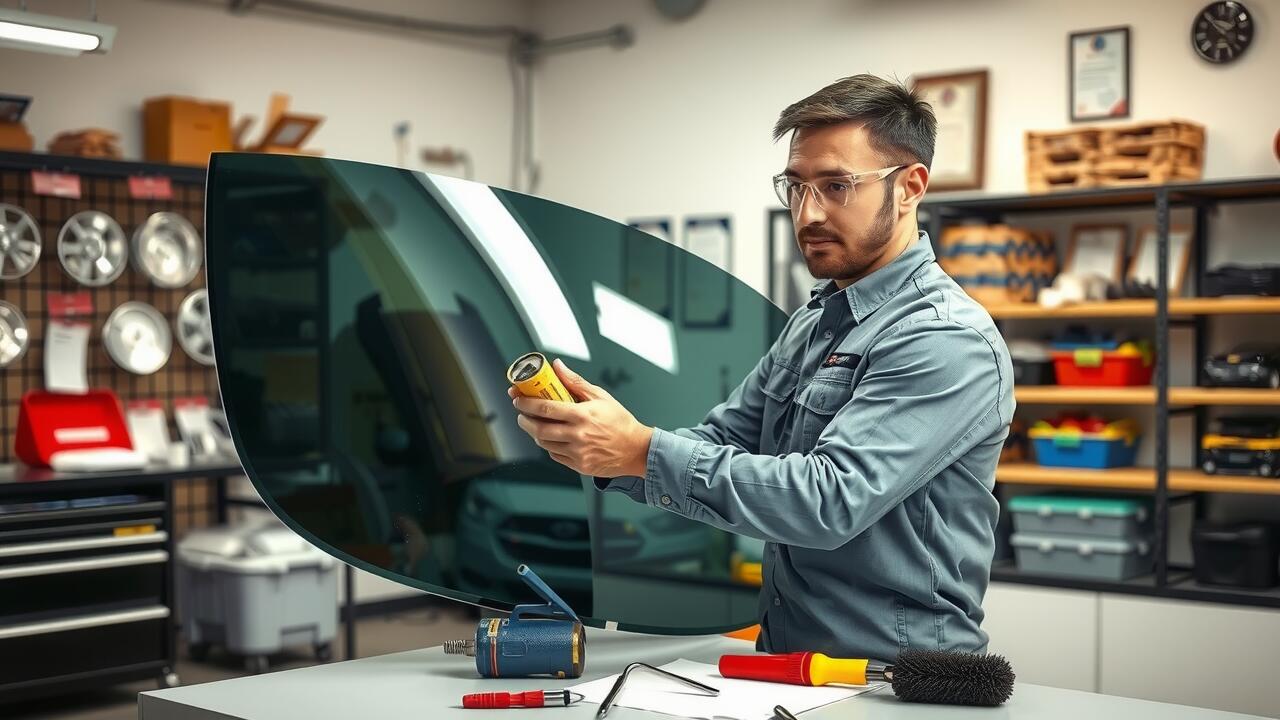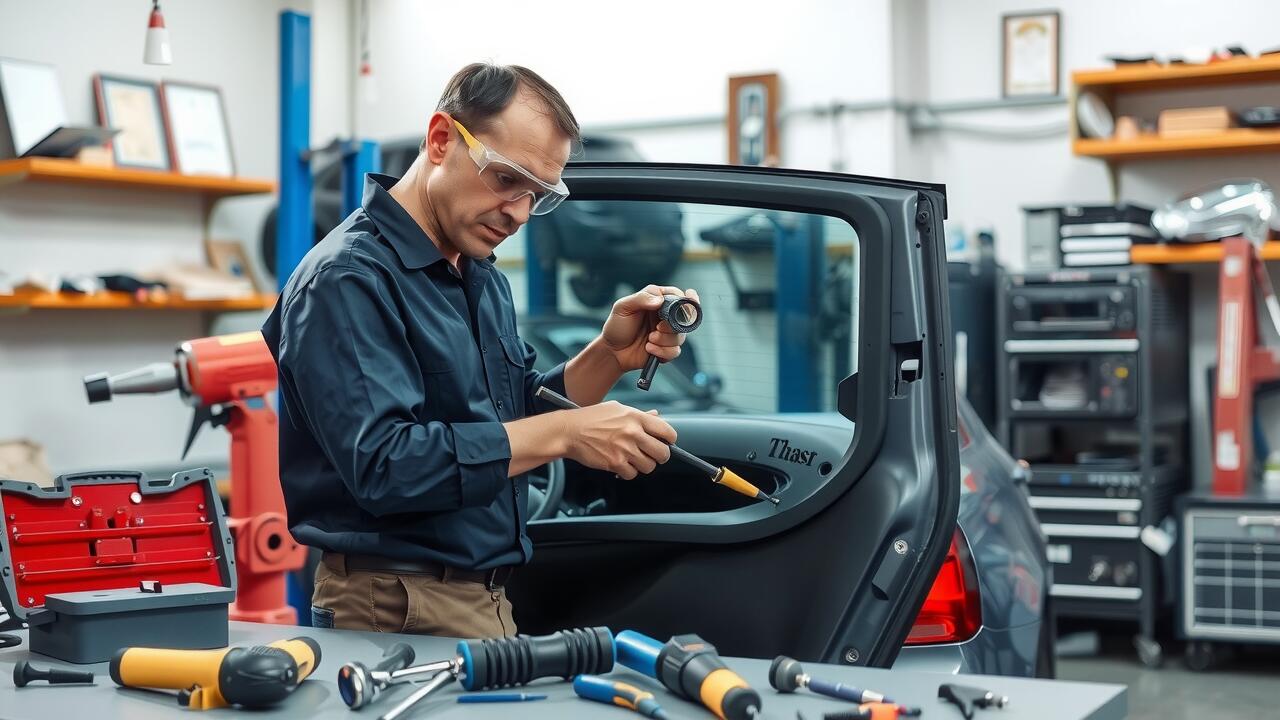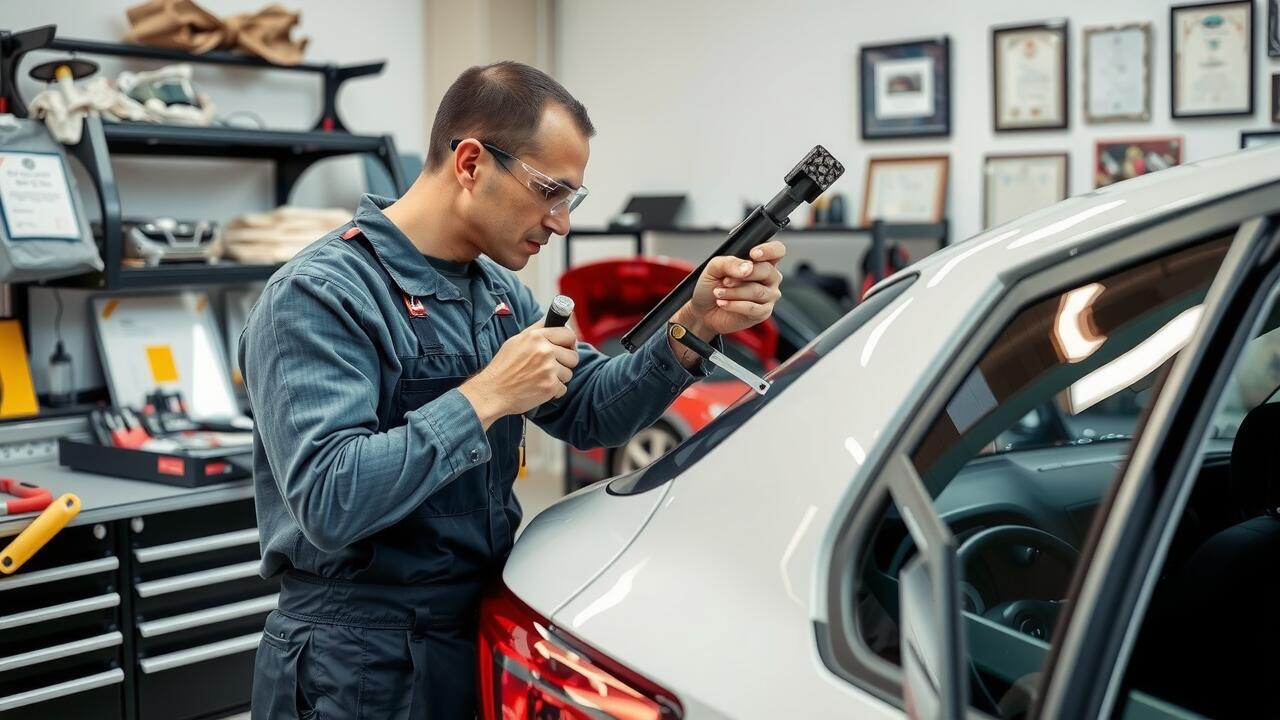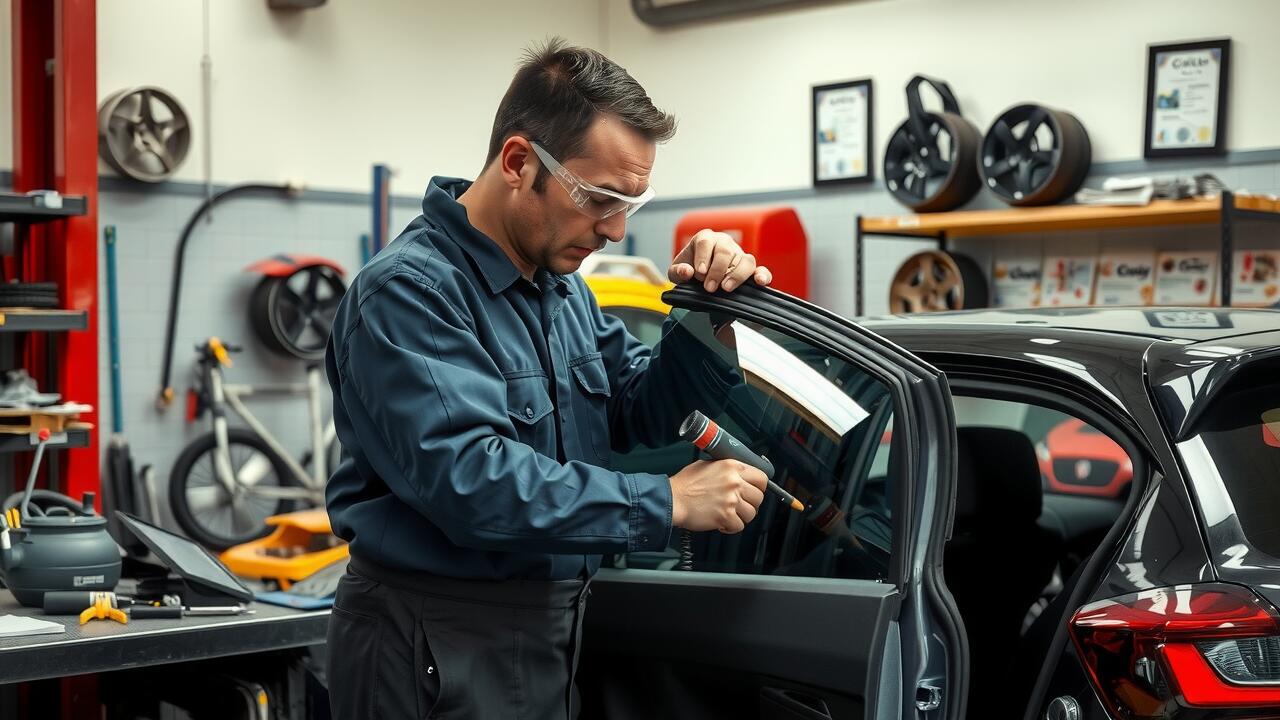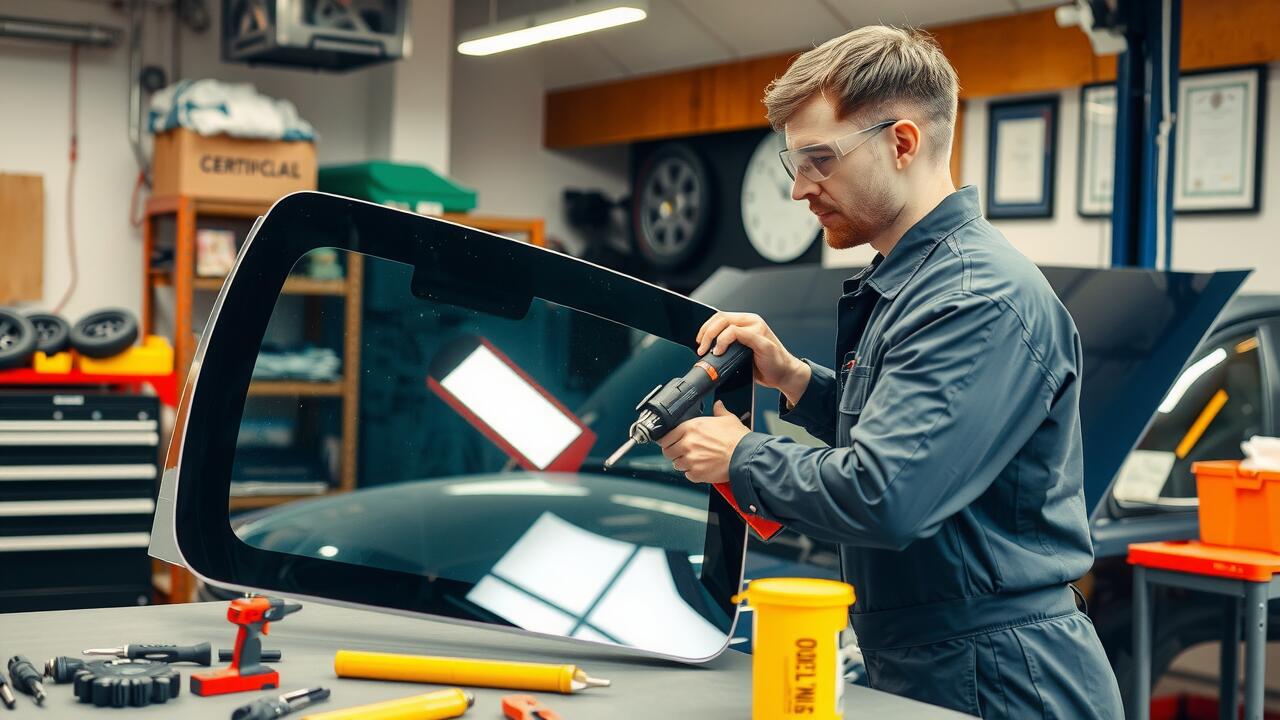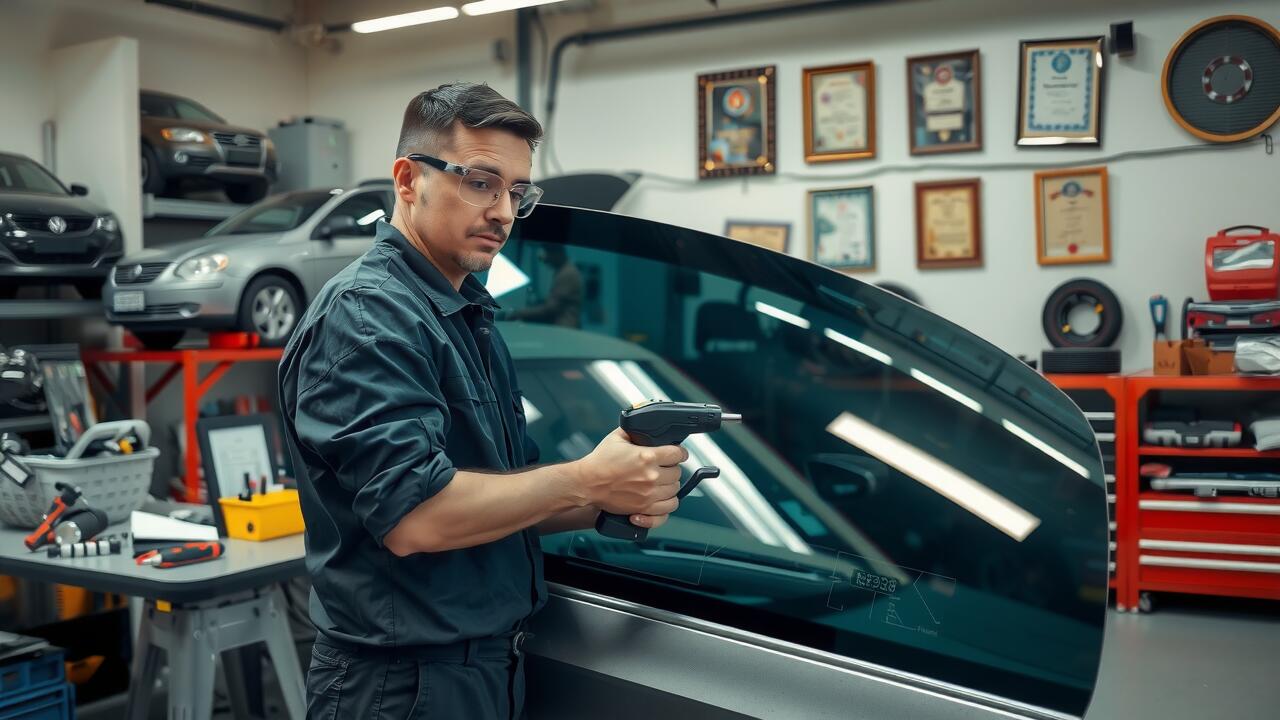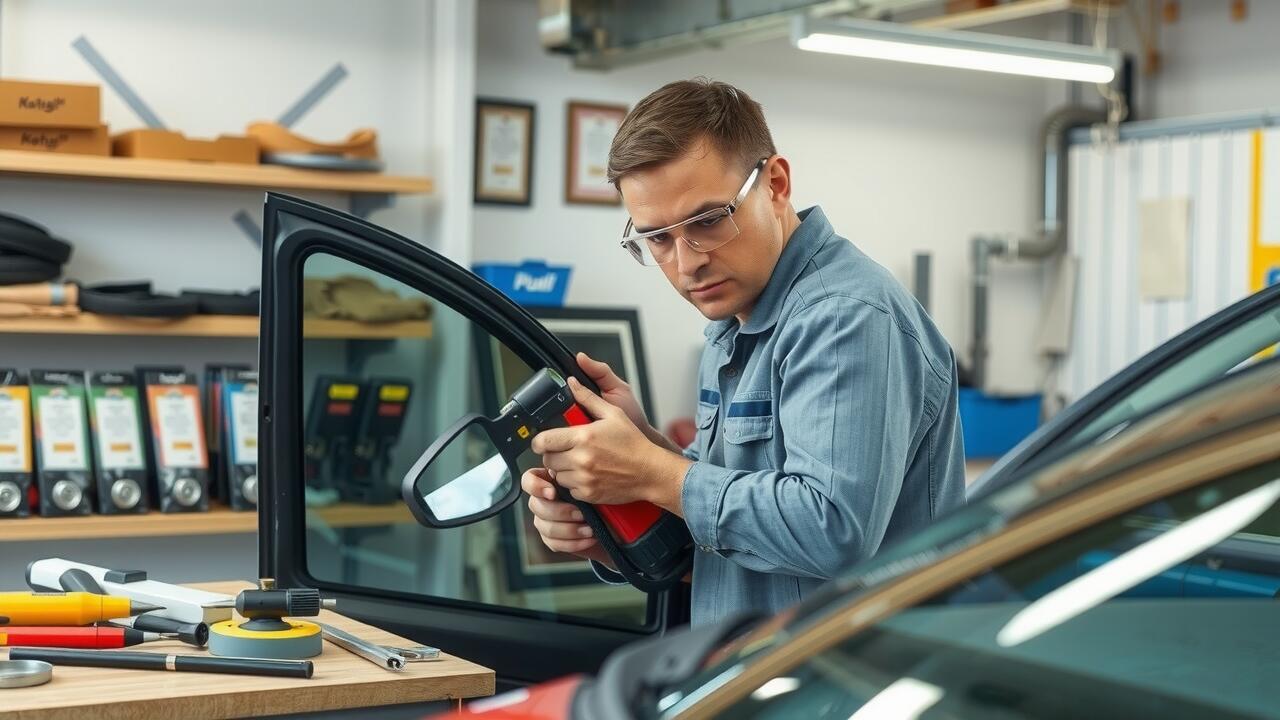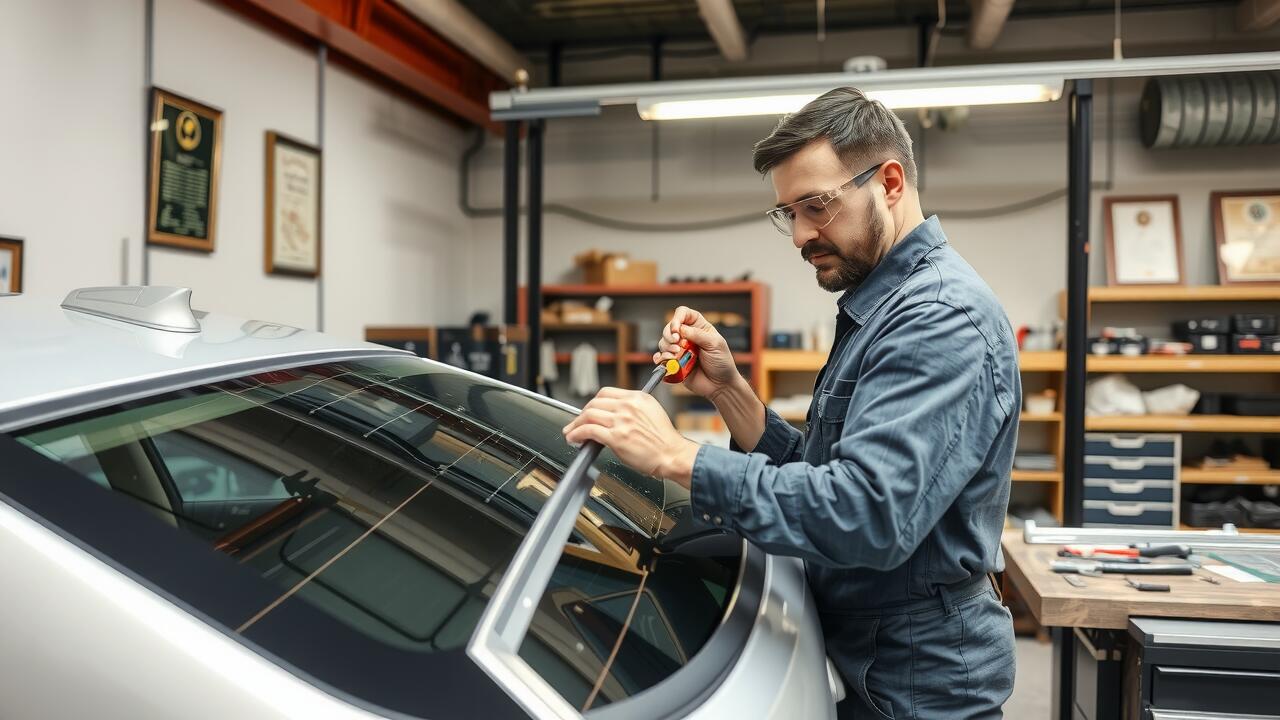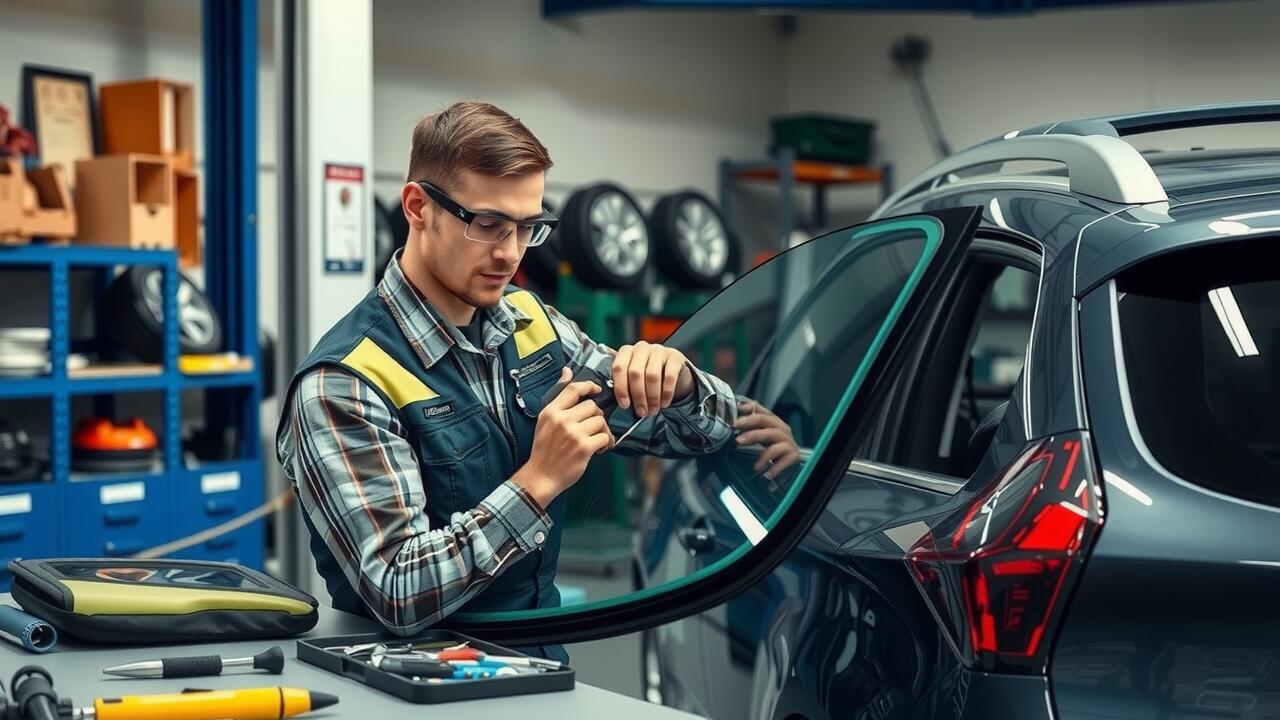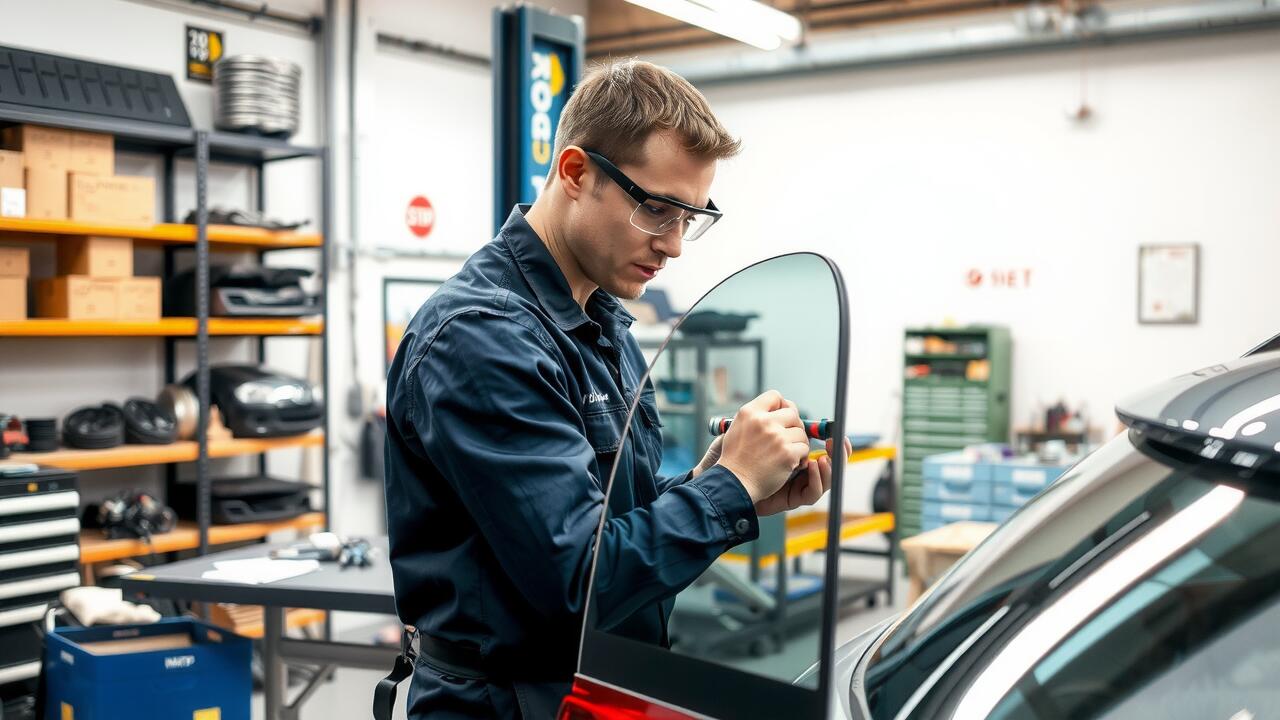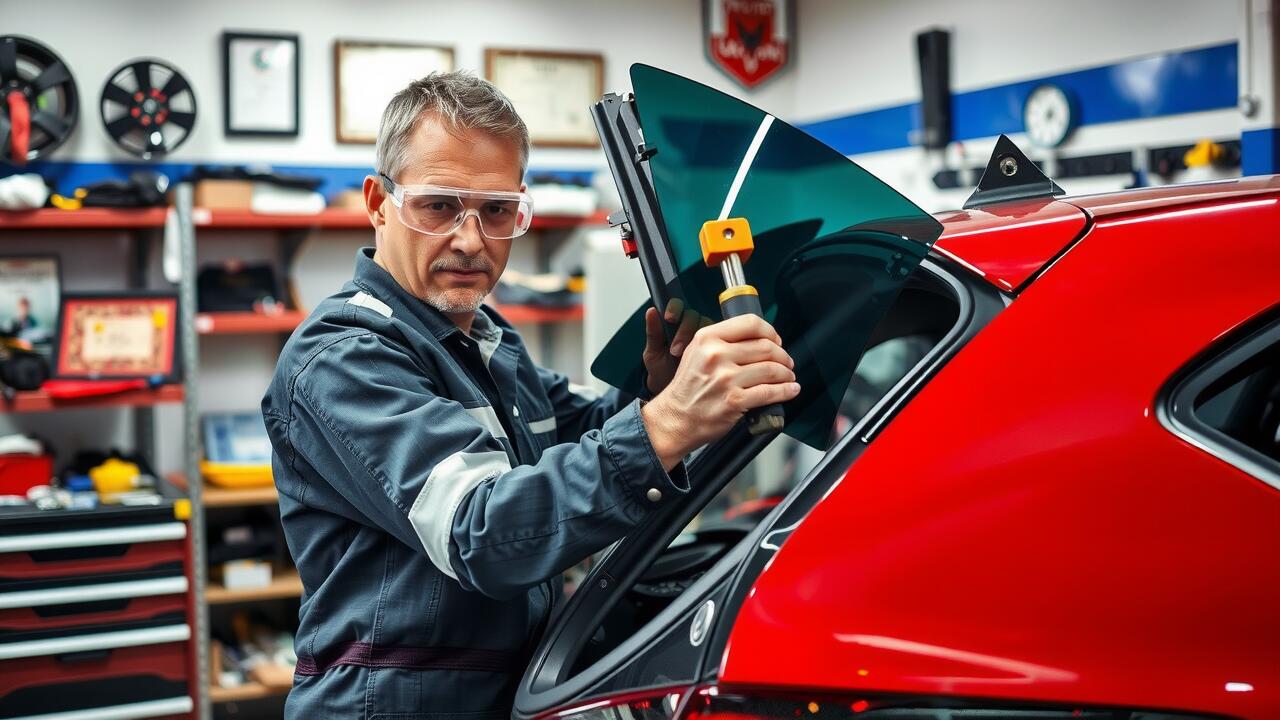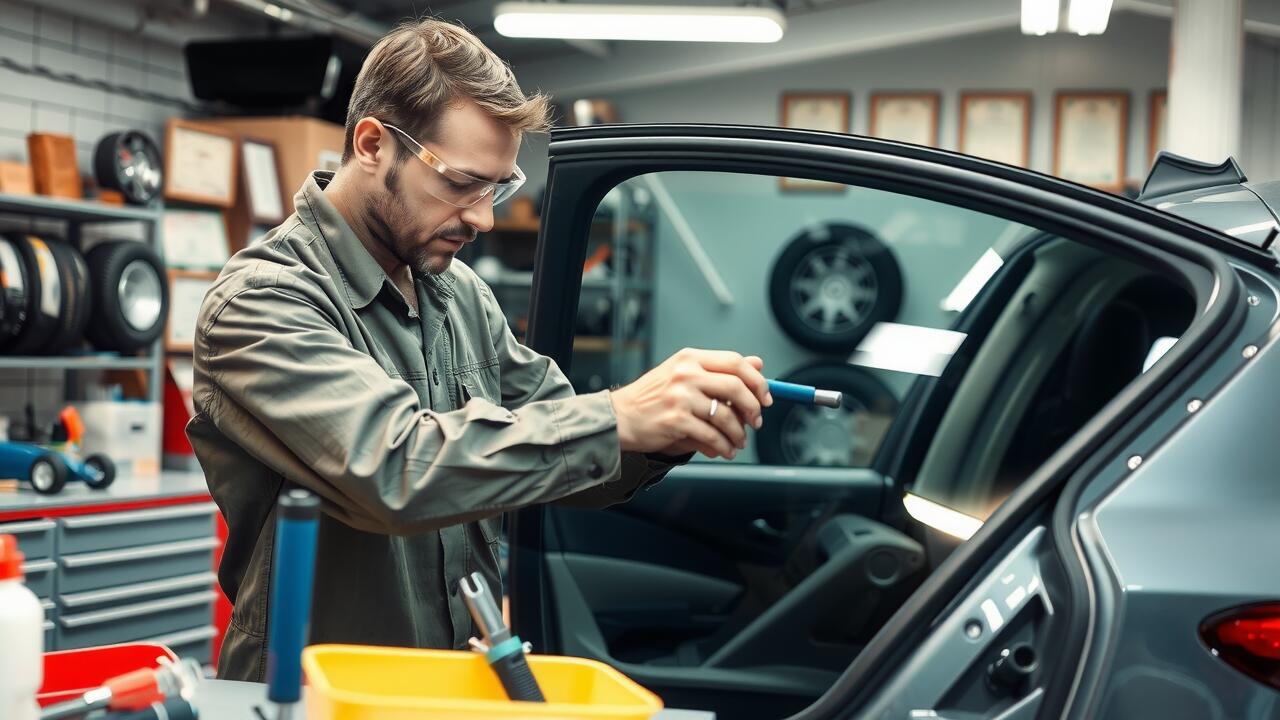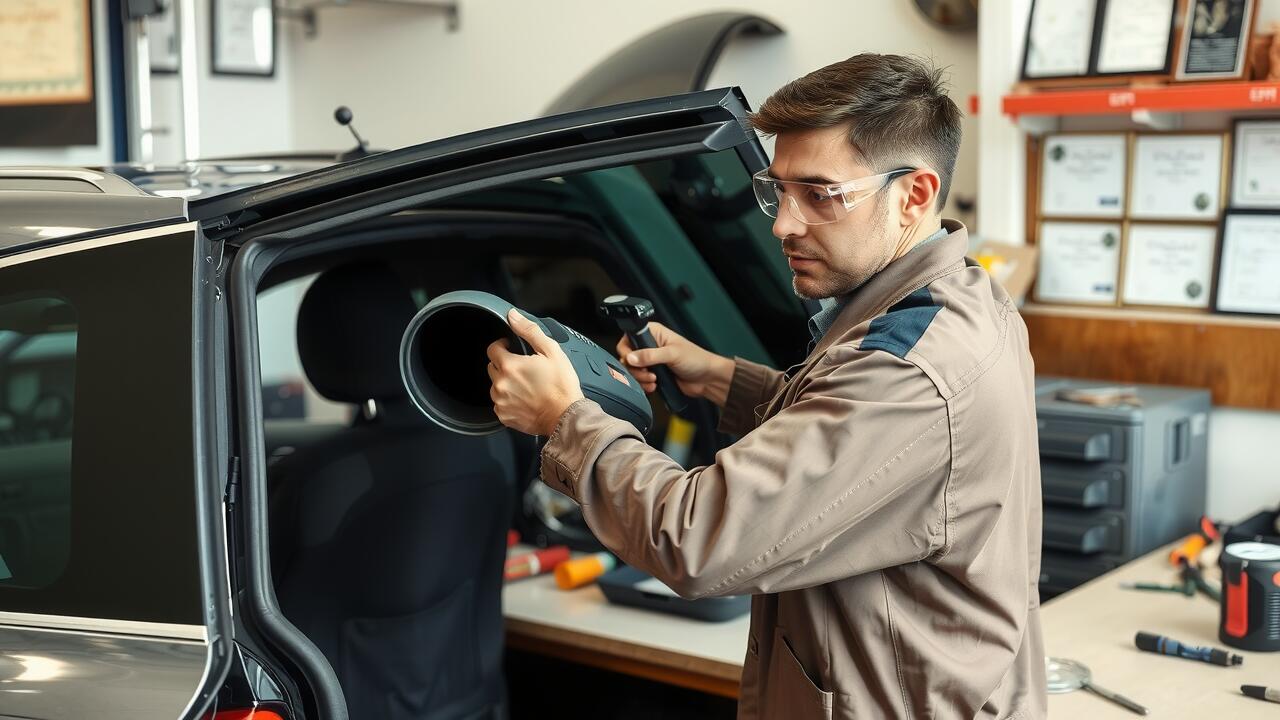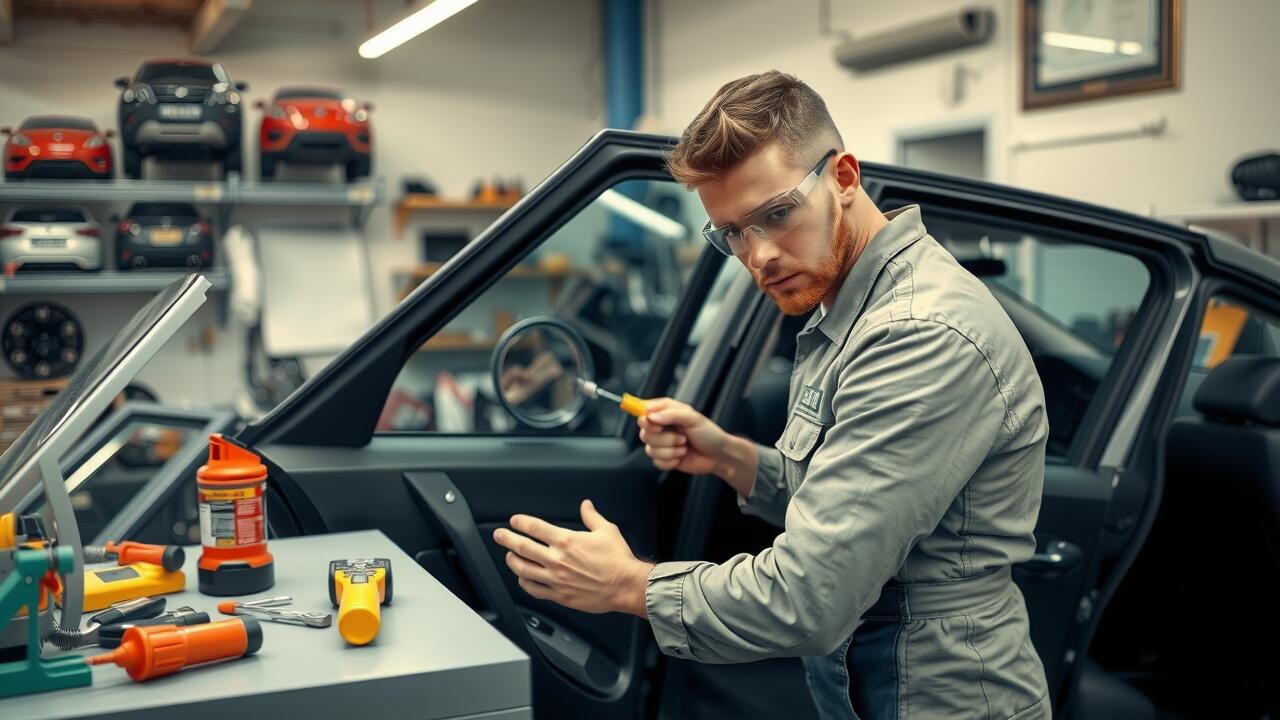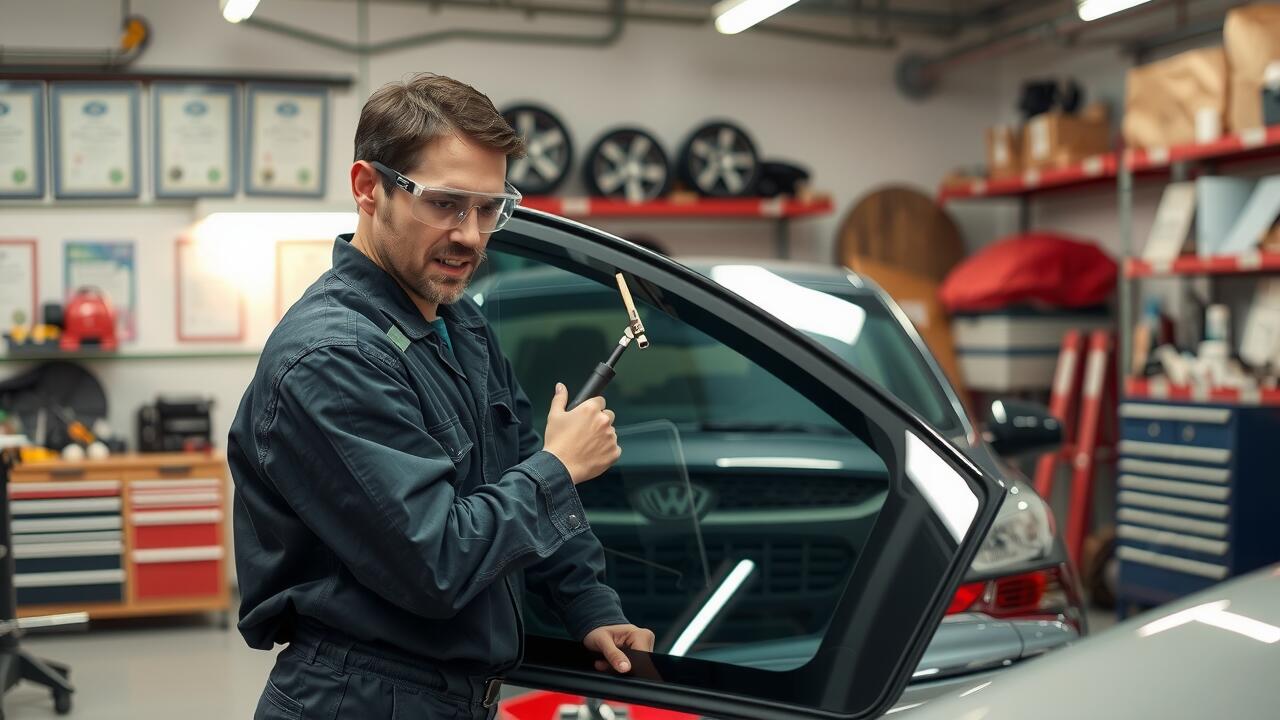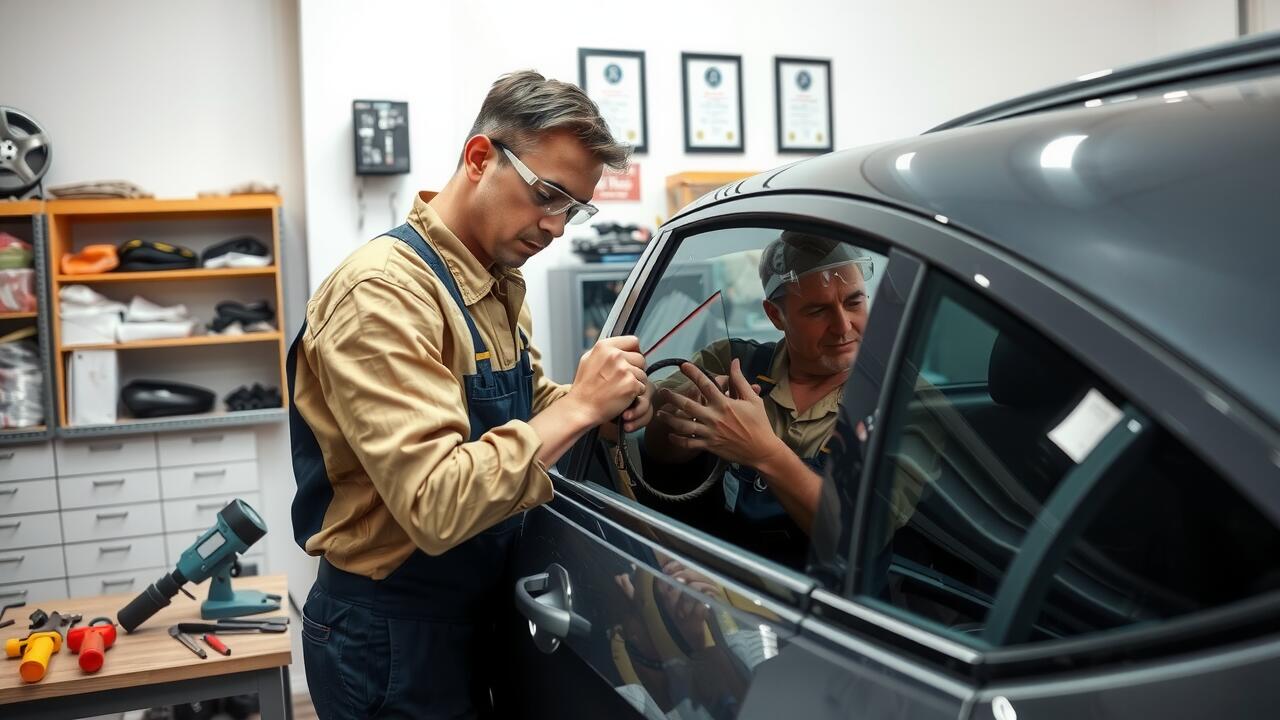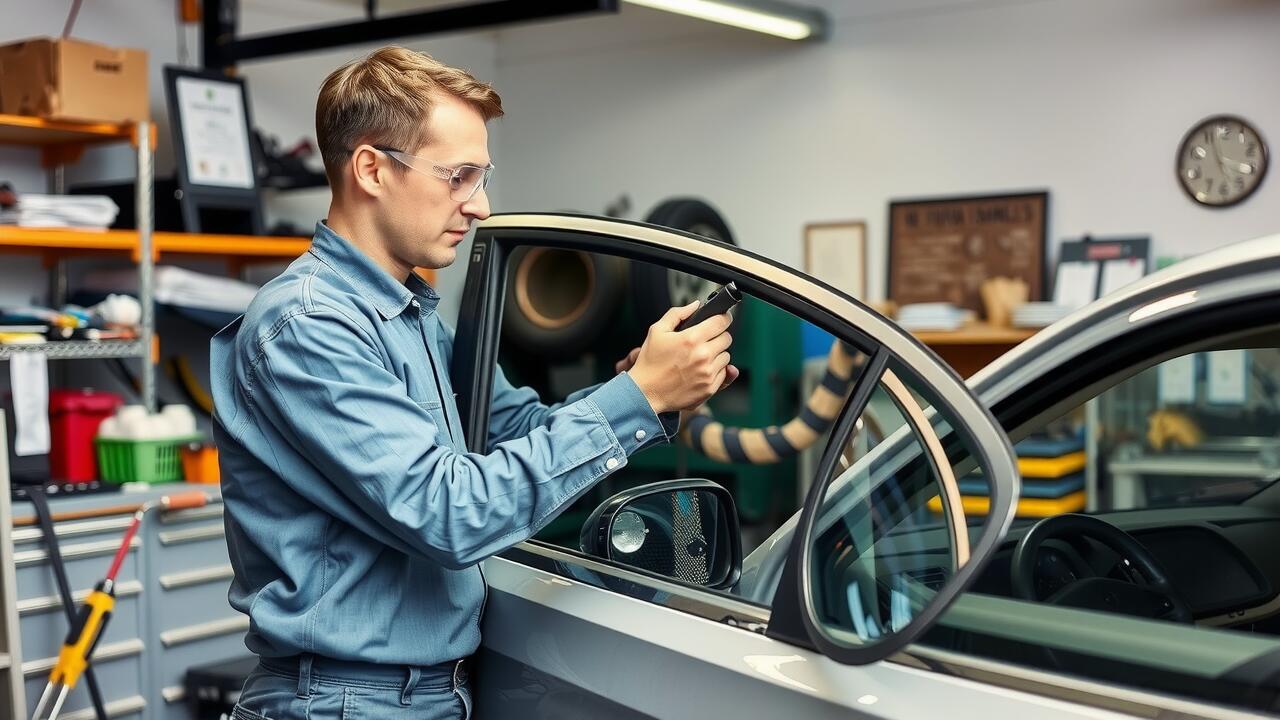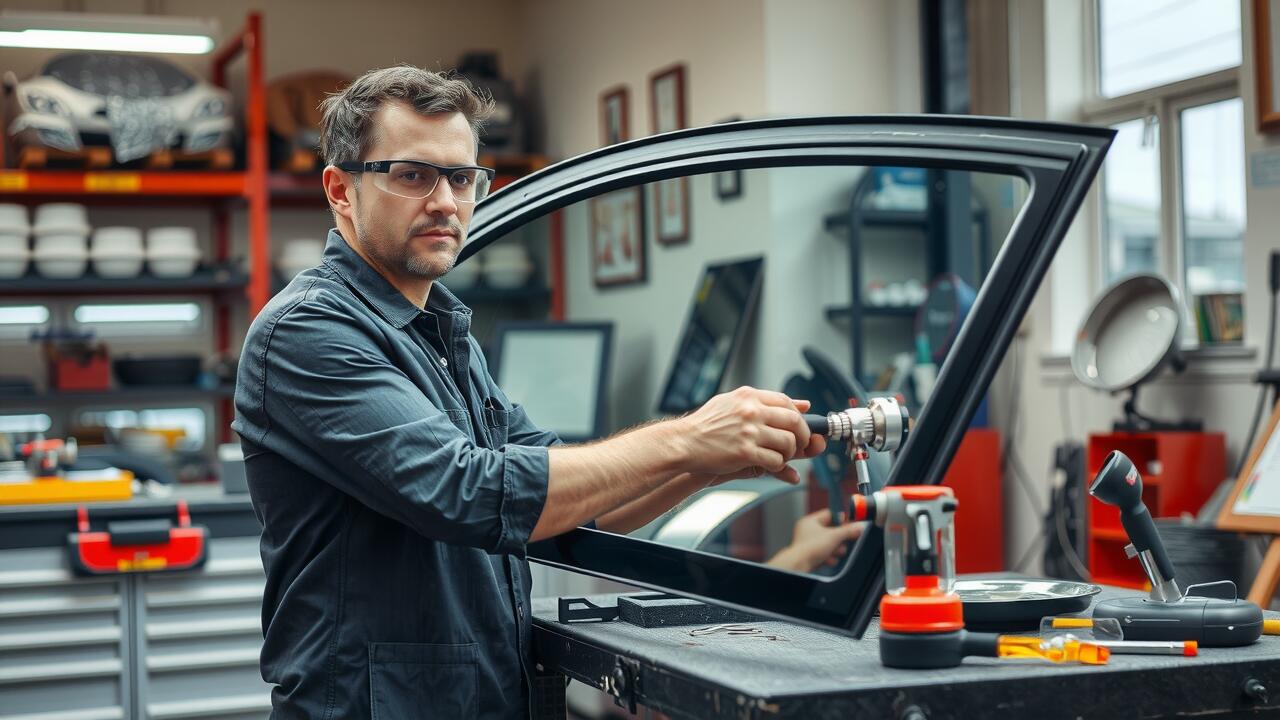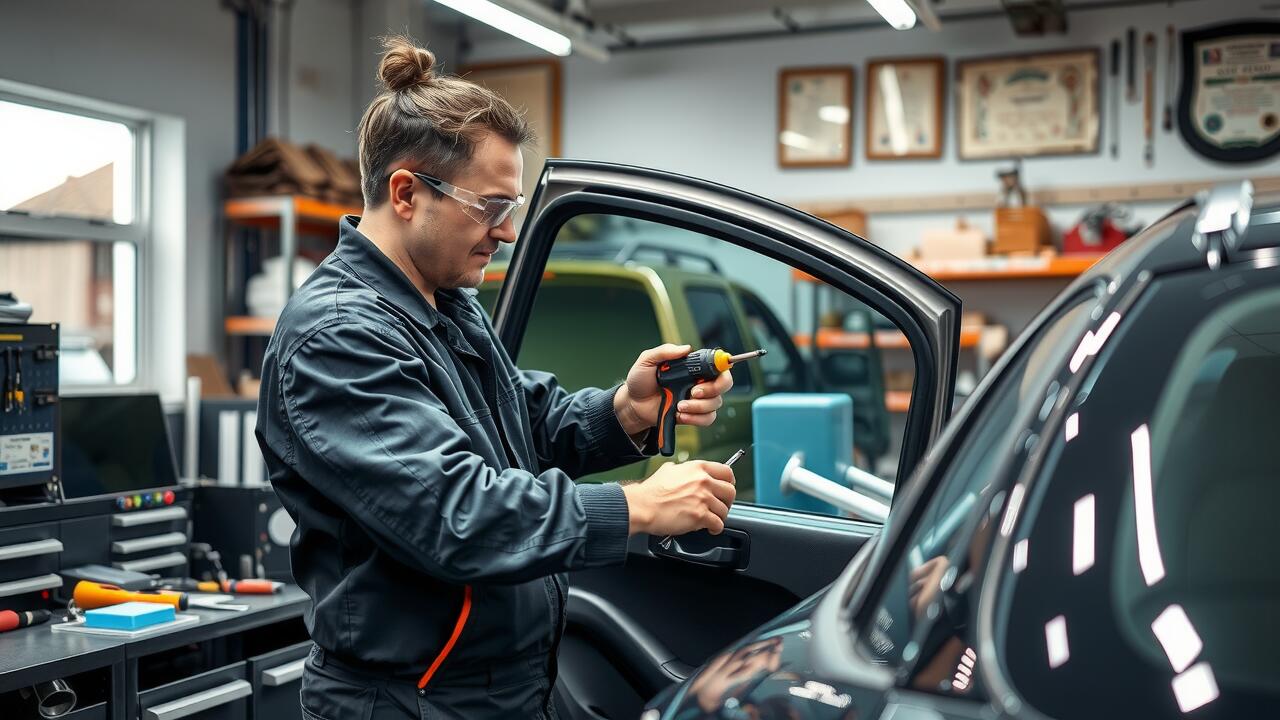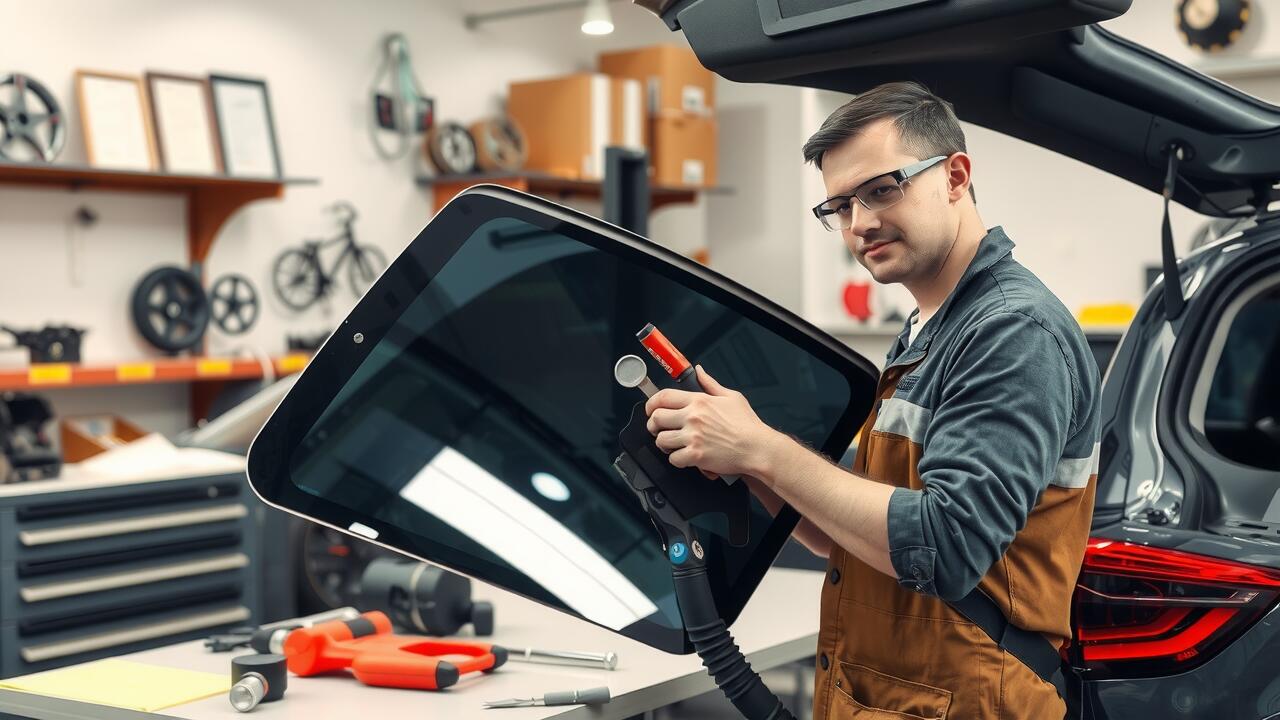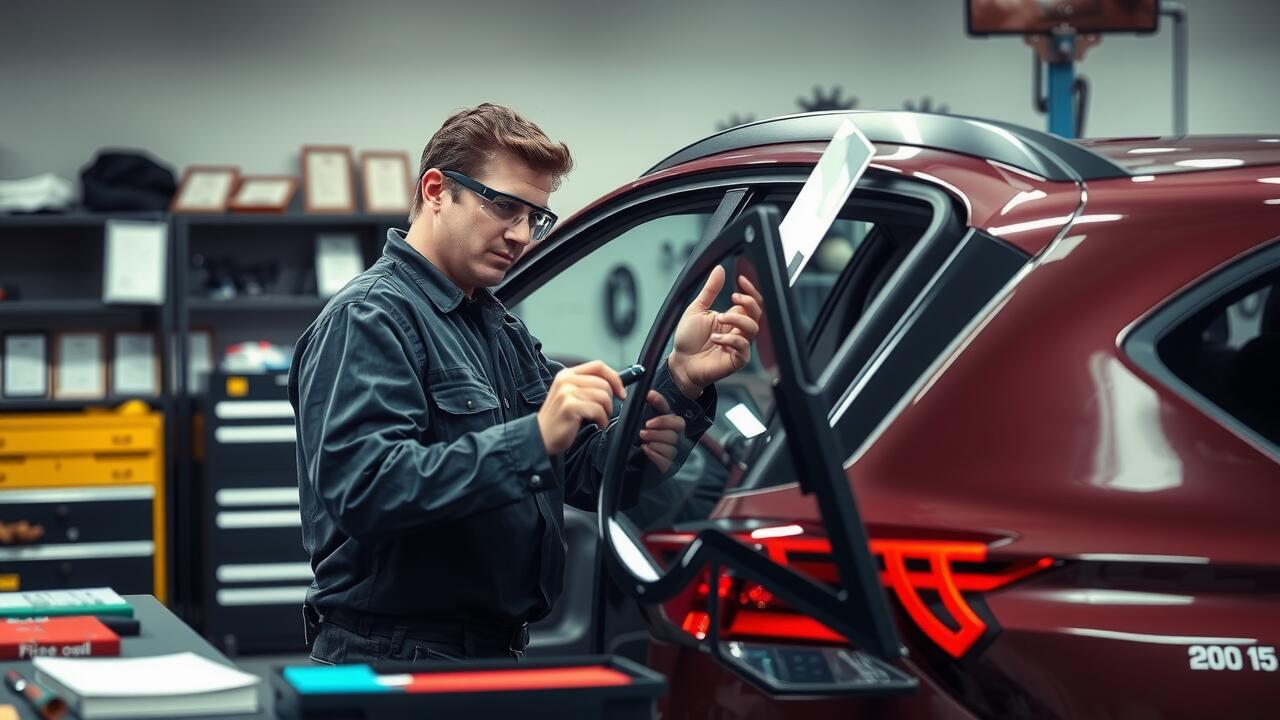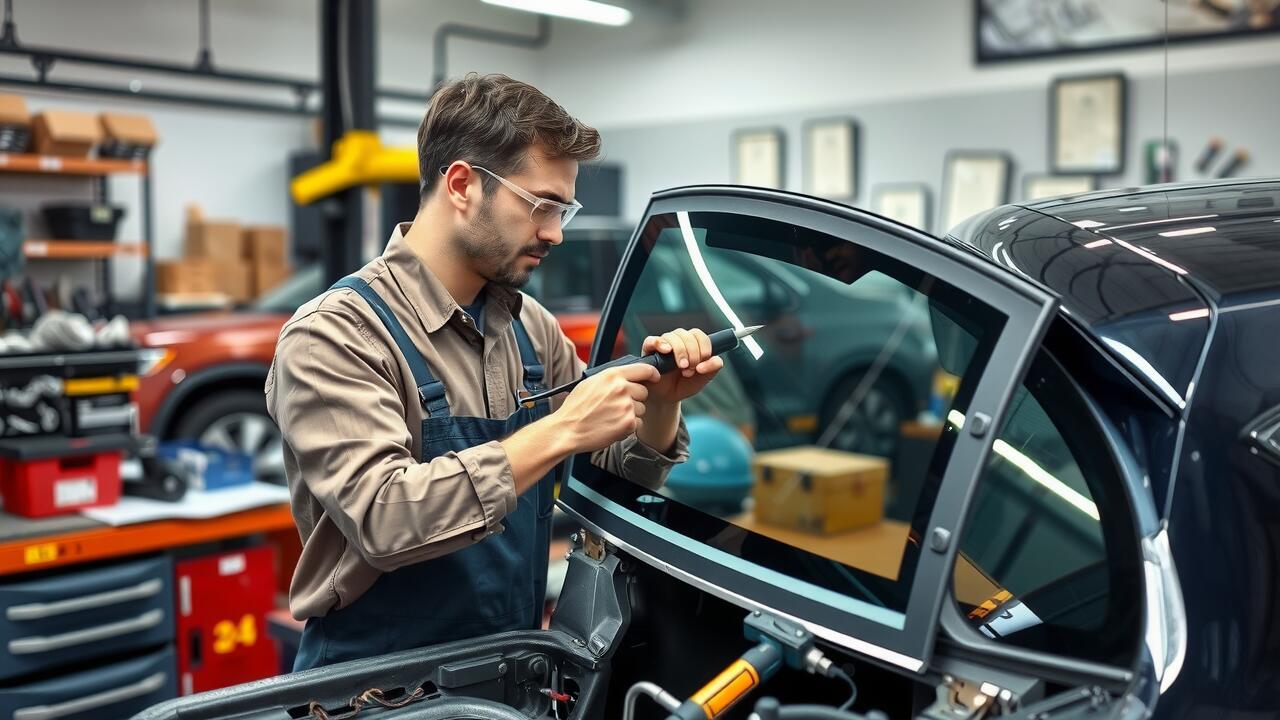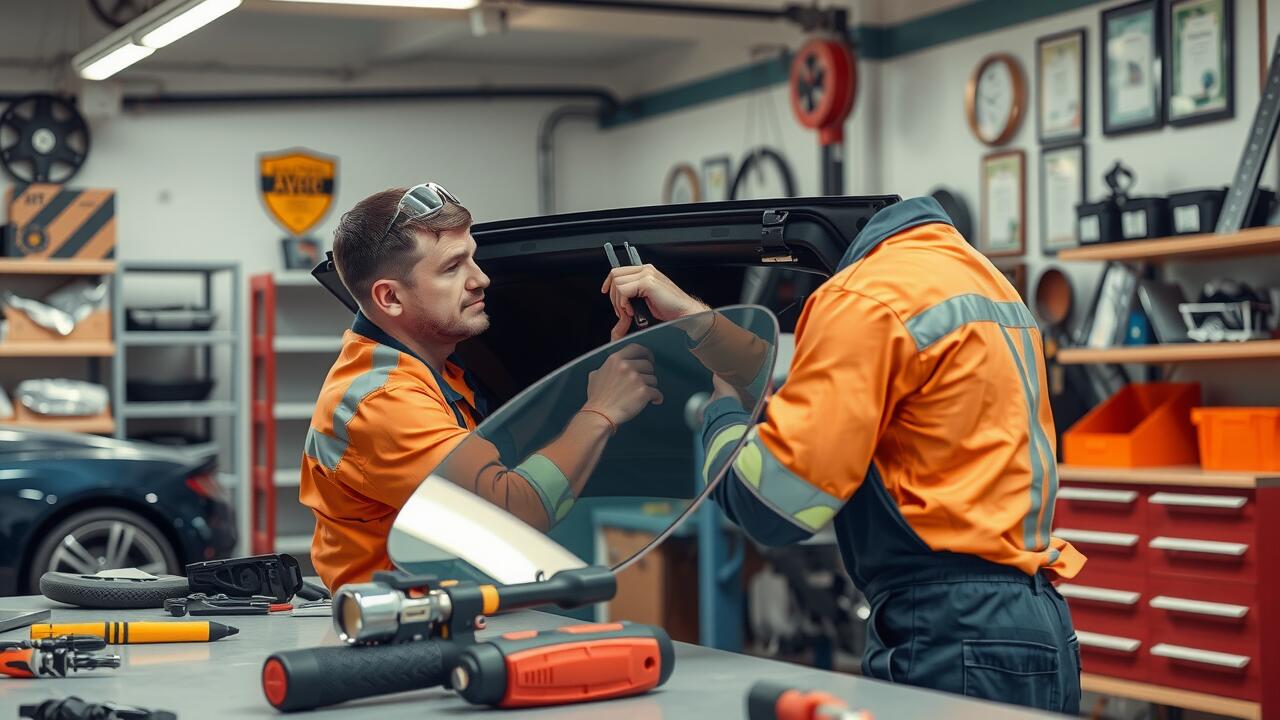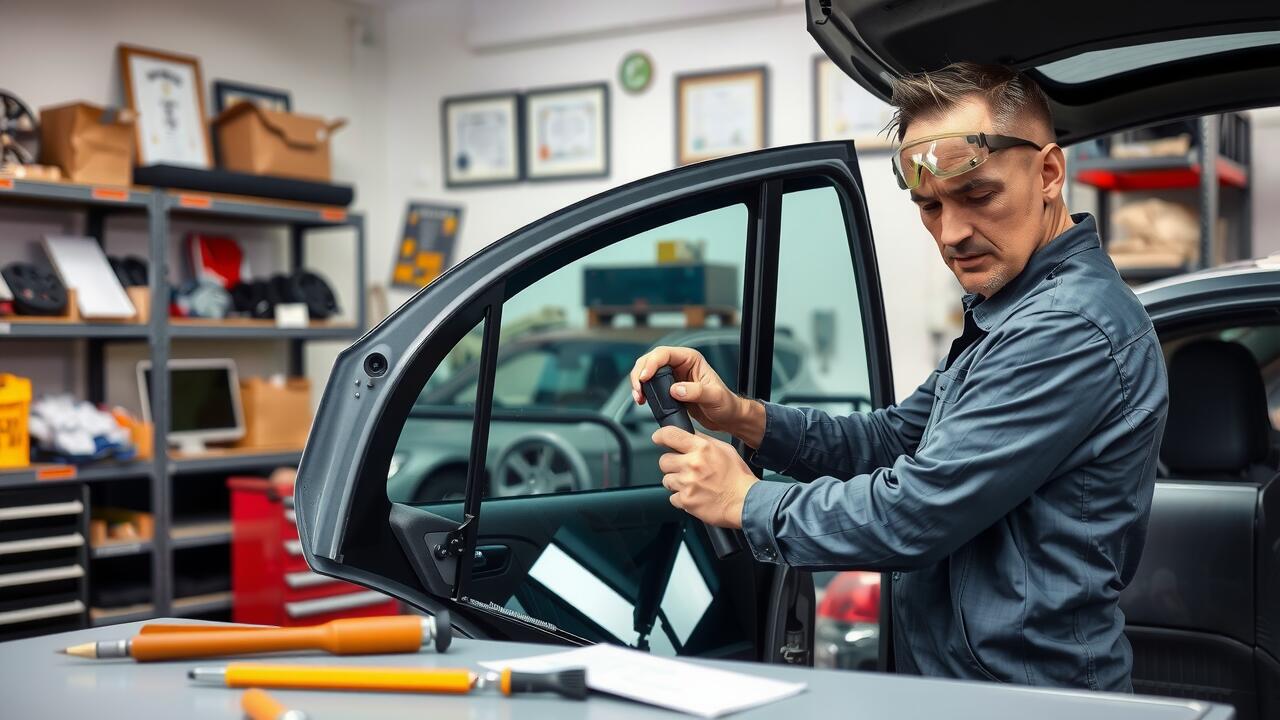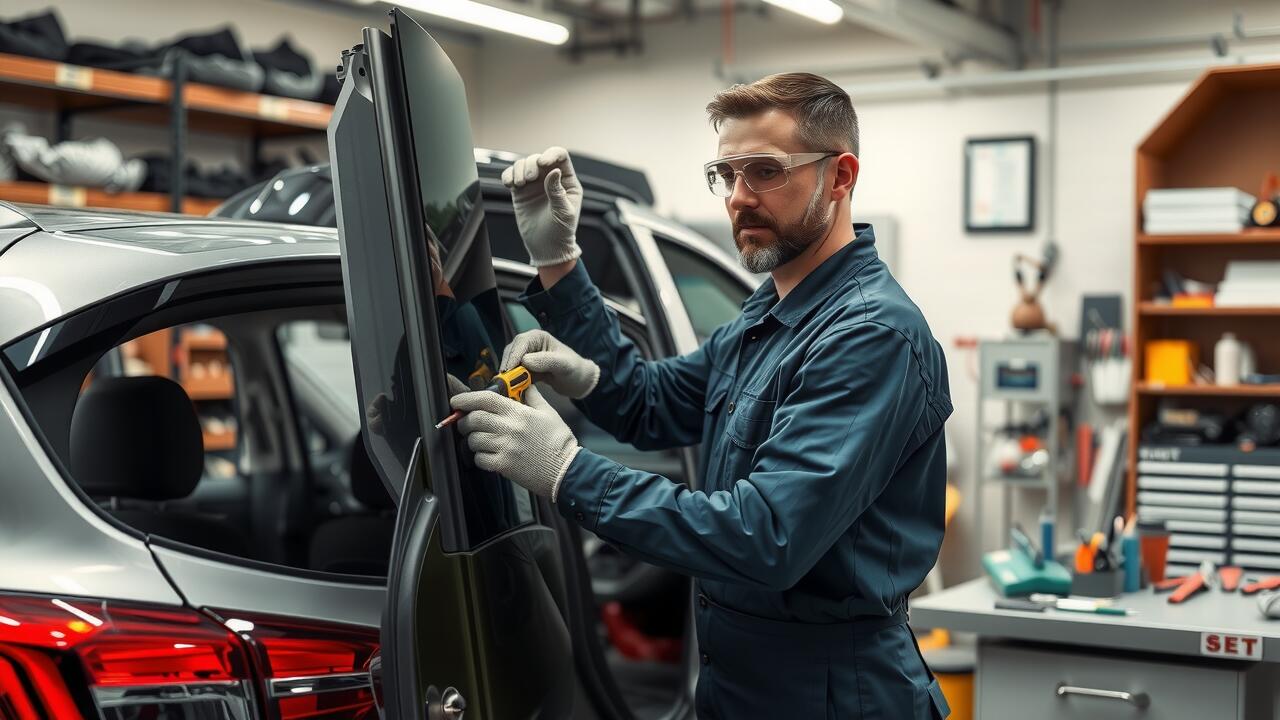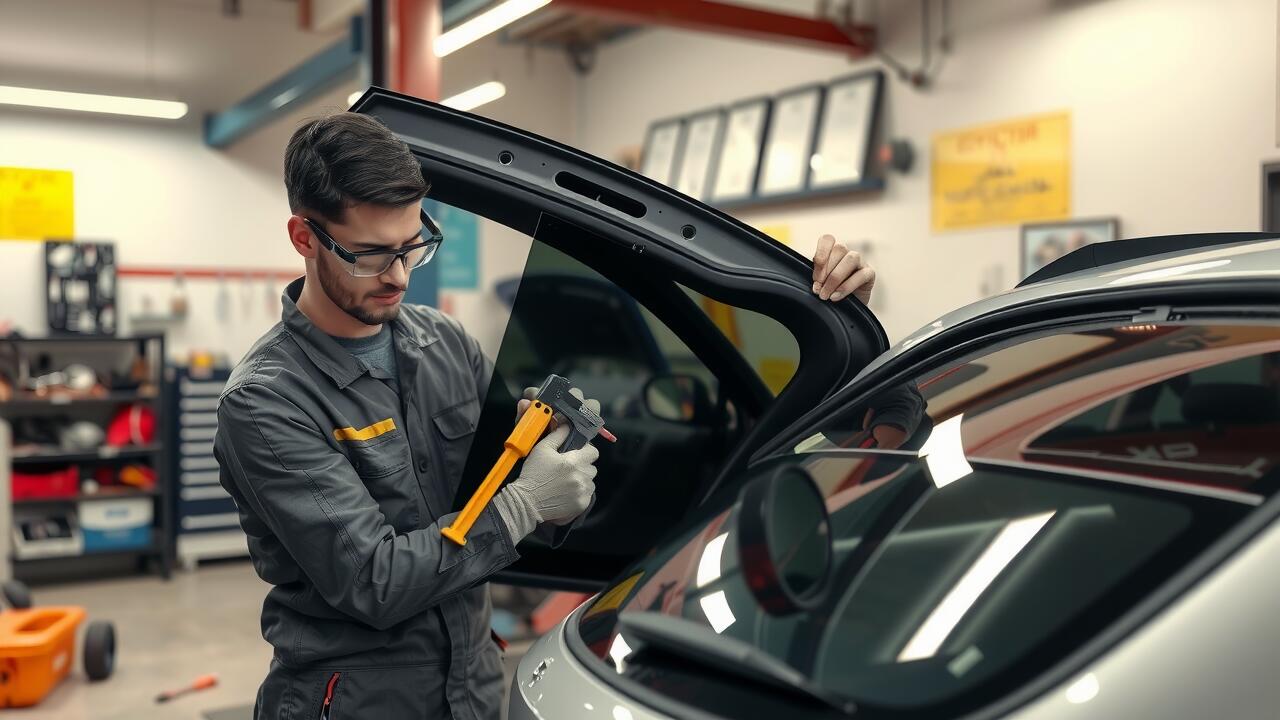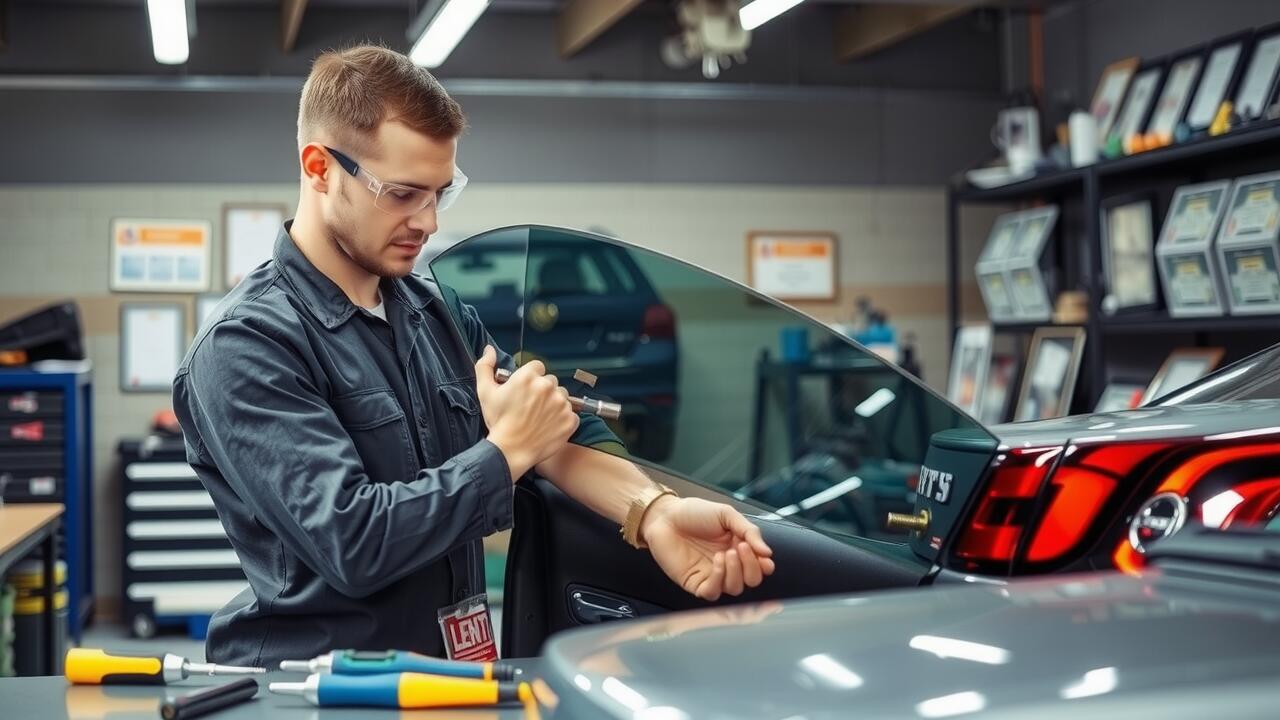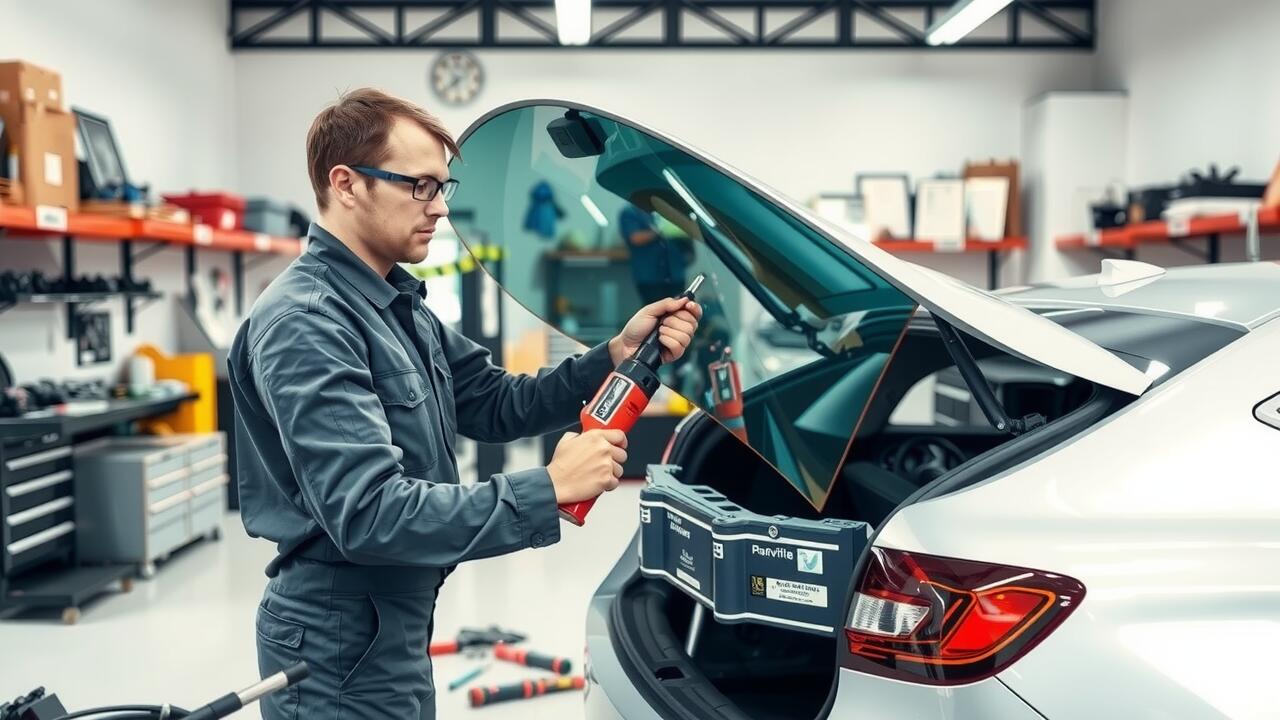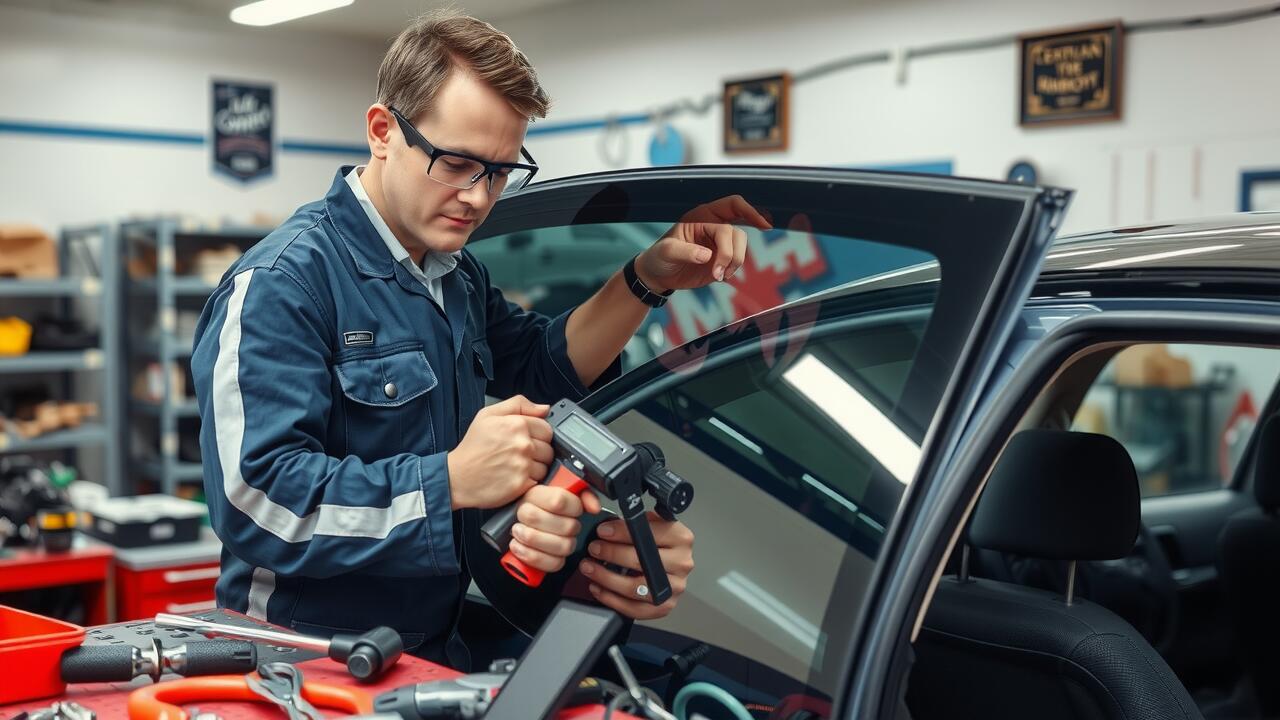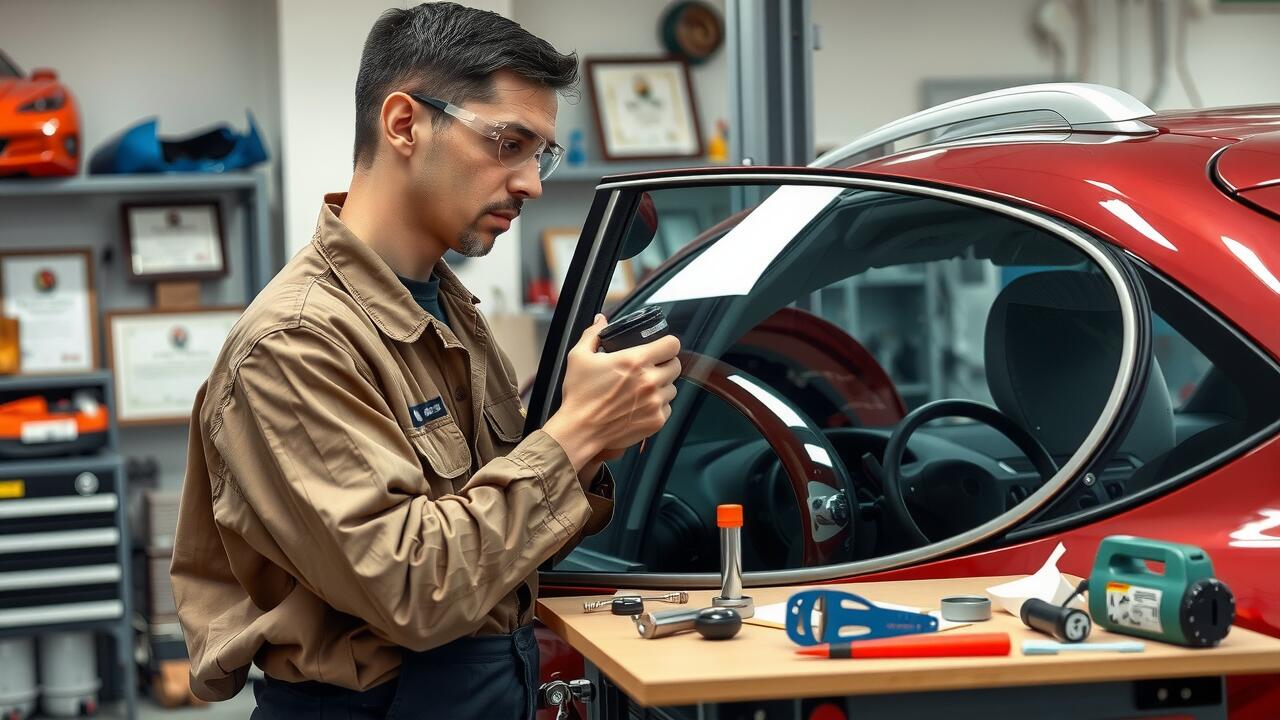
Table Of Contents
Preventing Future Leaks
Regular maintenance is key to preventing future leaks in your rear window. Inspect rubber seals and weather strips frequently for signs of wear or damage. Ensure they are clean and free from debris, as dirt can compromise their effectiveness. Applying a silicone-based lubricant can help maintain their flexibility and sealing properties. This simple upkeep can extend the lifespan of your rear window and reduce the likelihood of needing a Rear Window Replacement.
In addition, pay attention to any potential sources of water ingress around your vehicle. Clear drains that may be obstructed, particularly in the boot area, as these can lead to water pooling and increased pressure on seals. Keeping your vehicle in good condition helps to ensure that the rear window remains watertight. If you do notice any signs of leaks, prompt action can prevent more extensive damage and costly repairs.
Routine Maintenance Tips
Regular inspection of your vehicle's seals and weather stripping is essential to prevent leaks. Look for any wear or damage in the rubber components surrounding the rear window. Over time, exposure to the elements can cause deterioration, leading to potential leaks. Keeping these seals in good condition will help protect your interior and maintain the integrity of your vehicle. If you notice any issues during your checks, addressing them promptly can save you from more extensive repairs or even Rear Window Replacement down the line.
Cleaning your rear window and its surrounding areas frequently can also contribute to leak prevention. Dirt and debris can accumulate, potentially compromising the seals. Using automotive cleaners designed for glass can help maintain visibility, while ensuring you don't inadvertently cause damage during cleaning. Additionally, inspecting the drainage channels to ensure they are clear and functional will further reduce the risk of leaks. Proper maintenance goes a long way in avoiding costly repairs and safeguarding against issues that may require Rear Window Replacement.
Understanding Rear Window Replacement
Understanding the need for rear window replacement is crucial in maintaining the integrity of your vehicle. Over time, seals can deteriorate due to environmental factors or physical damage. This deterioration can lead to leaks and subsequent water damage, which may compromise the interior of your car. Recognising the signs of failure early can prevent more extensive issues.
When considering rear window replacement, it's important to assess the extent of the damage. If minor leaks are present, sometimes a simple sealant can suffice. However, significant damage may require a full replacement to ensure a proper fit and seal. Always consult a professional to evaluate the best course of action, as improper installation can lead to further complications down the line.
When Replacement is Necessary
In certain cases, rear window replacement becomes essential to maintain the vehicle's integrity and safety. When leaks persist despite resealing efforts, water damage to the interior can escalate, leading to mould growth or electrical issues. Cracks or significant damage to the glass can compromise visibility and the structural stability of the car, making replacement a necessary step.
Seeking professional assistance is crucial when it comes to rear window replacement. Experienced technicians can assess the extent of the damage and provide suitable recommendations. They may also ensure that the installation adheres to manufacturer specifications, preventing potential problems in the future. Taking prompt action not only safeguards your vehicle but also protects your investment in the long run.
Insuring Against Water Damage
Water damage can be a significant concern for vehicle owners, especially when it involves critical parts such as the rear window. Ensuring that you have the right insurance coverage can protect you from the financial burden of repairs or replacements. Some policies may cover water damage under comprehensive insurance, while others may provide specific provisions for vehicle structural integrity. Understanding the terms of your policy will help you navigate the claims process more smoothly if damage occurs.
When it comes to rear window replacement, it's essential to evaluate whether your insurance offers sufficient coverage for repairs resulting from leaks or related issues. Make sure to review policy details regarding deductibles and claim limits. In some cases, it may be beneficial to discuss the nature of your coverage with your insurance provider to identify the best course of action in case of a leak or other water-related damage to your vehicle.
Understanding Your Coverage Options
When considering insurance for potential water damage caused by a leaking rear window, it’s essential to review your policy details carefully. Many comprehensive car insurance plans include coverage for damages resulting from a leak, which may encompass repair costs for water damage inside the vehicle and expenses related to rear window replacement. Some policies might have specific exclusions, so understanding the terms can help ensure that you’re adequately protected.
Another aspect to explore is whether your insurance policy requires you to pay a deductible before claims can be processed. Knowing this information is crucial in evaluating whether making a claim is financially viable. It's advisable to consult with your insurance provider to clarify any uncertainties regarding your coverage options, particularly in relation to incidents involving rear window replacement. Having a clear understanding will assist you in making informed decisions about any potential repairs needed for your vehicle.
FAQS
What are the common causes of a leaking rear window?
Common causes of a leaking rear window include damaged or worn seals, improper installation, and deterioration due to age or harsh weather conditions.
How can I tell if my rear window is leaking?
Signs of a leaking rear window include water stains on the interior, damp upholstery, and the presence of mould or mildew. You may also notice water pooling in the trunk area.
When should I consider replacing my rear window?
You should consider replacing your rear window if the damage is extensive, such as shattered glass, severe rust around the frame, or if the seals are beyond repair.
Will insurance cover the cost of repairs for a leaking rear window?
Coverage for repairs to a leaking rear window depends on your insurance policy. Comprehensive insurance often covers water damage, but it’s best to check your specific coverage details.
What routine maintenance can help prevent future leaks in my rear window?
Routine maintenance includes regularly inspecting the seals for wear or damage, cleaning the window area to remove debris, and ensuring that drainage channels are clear to allow water to flow away.
